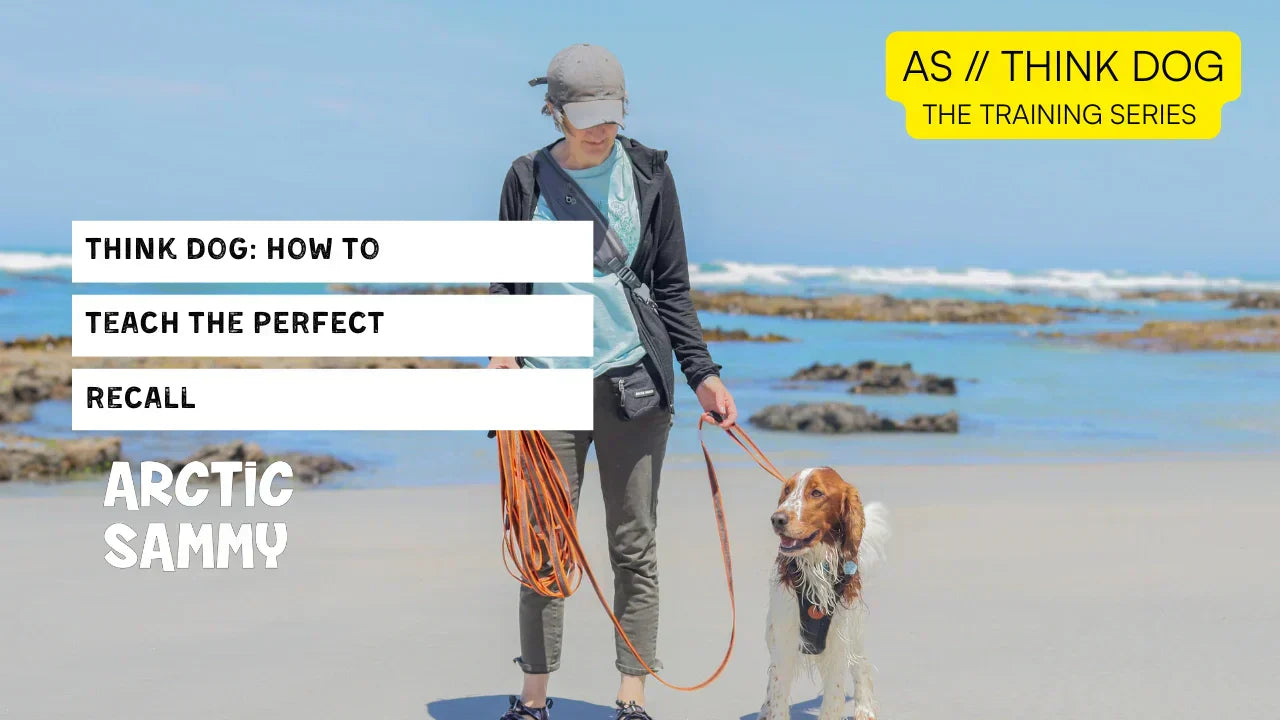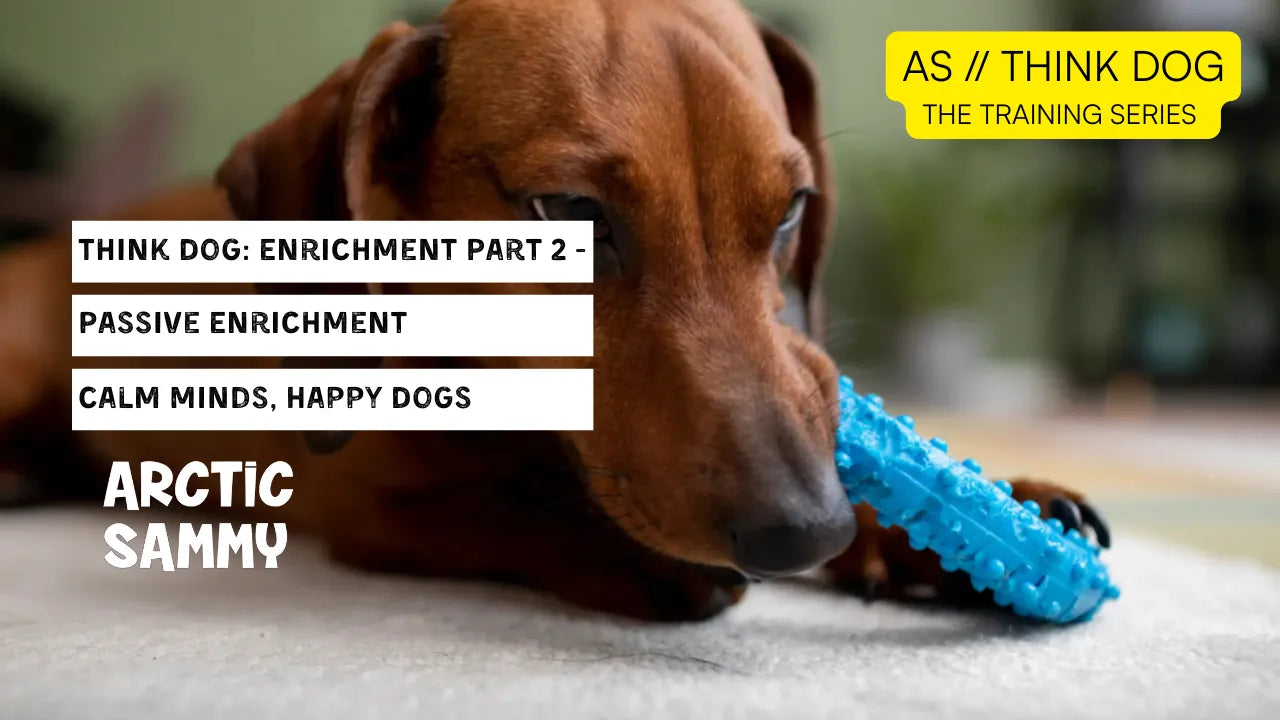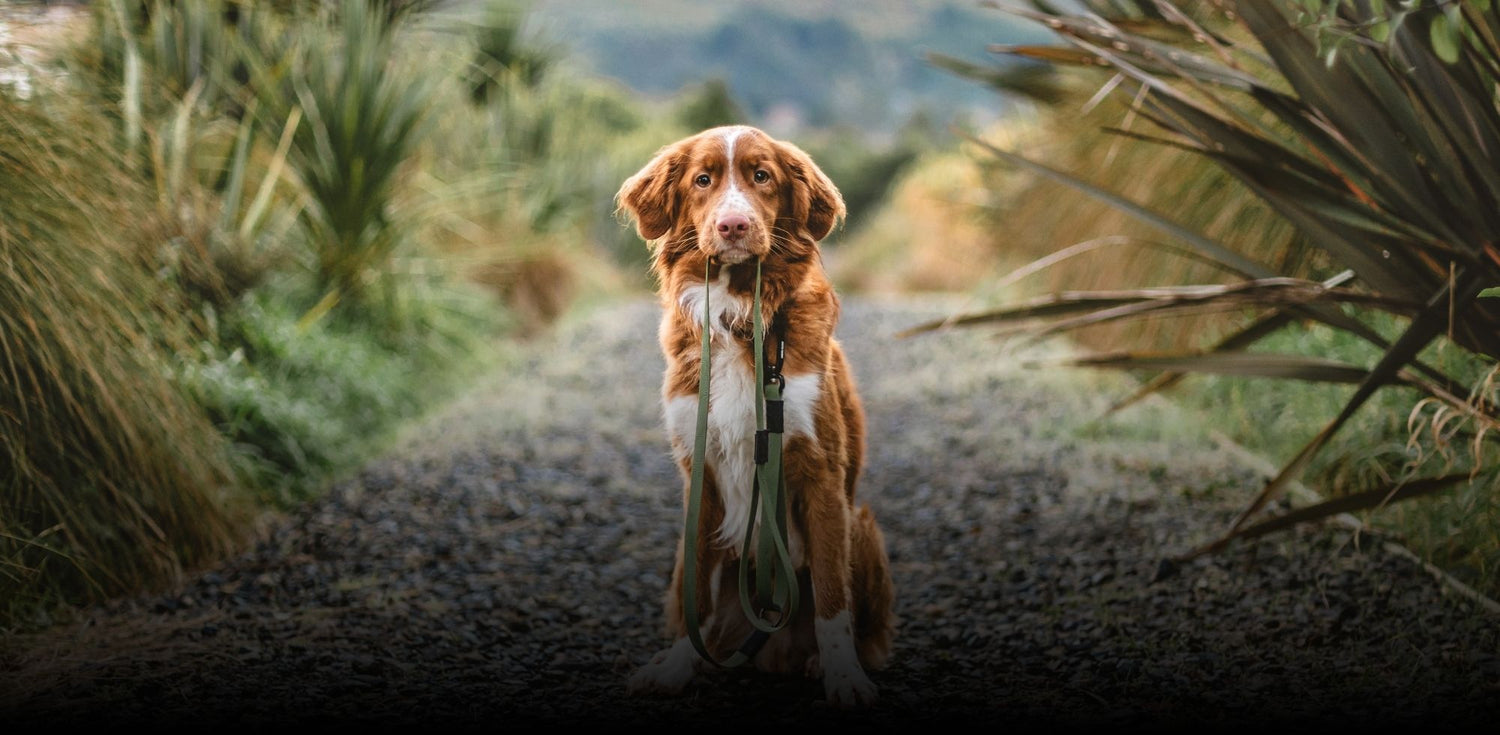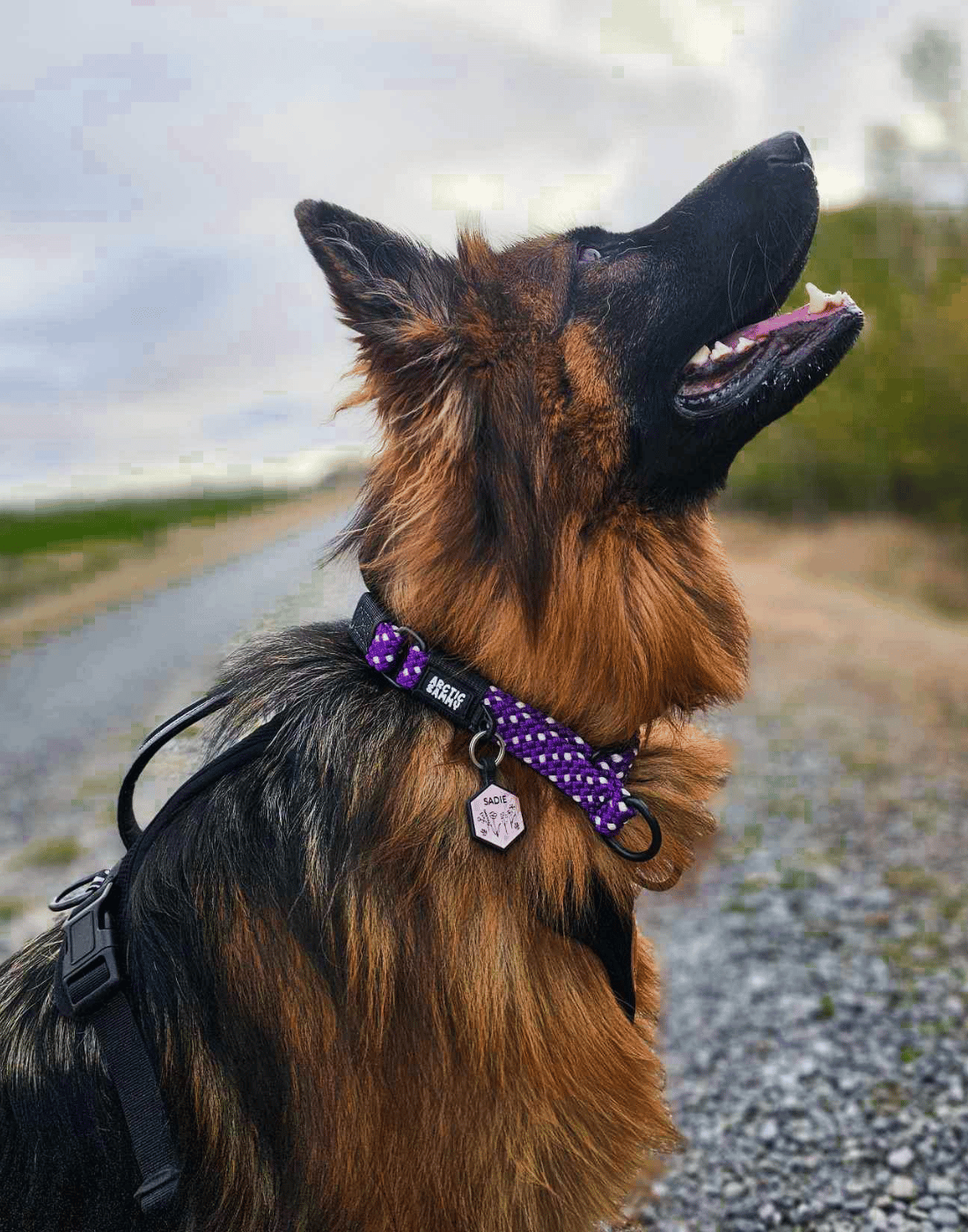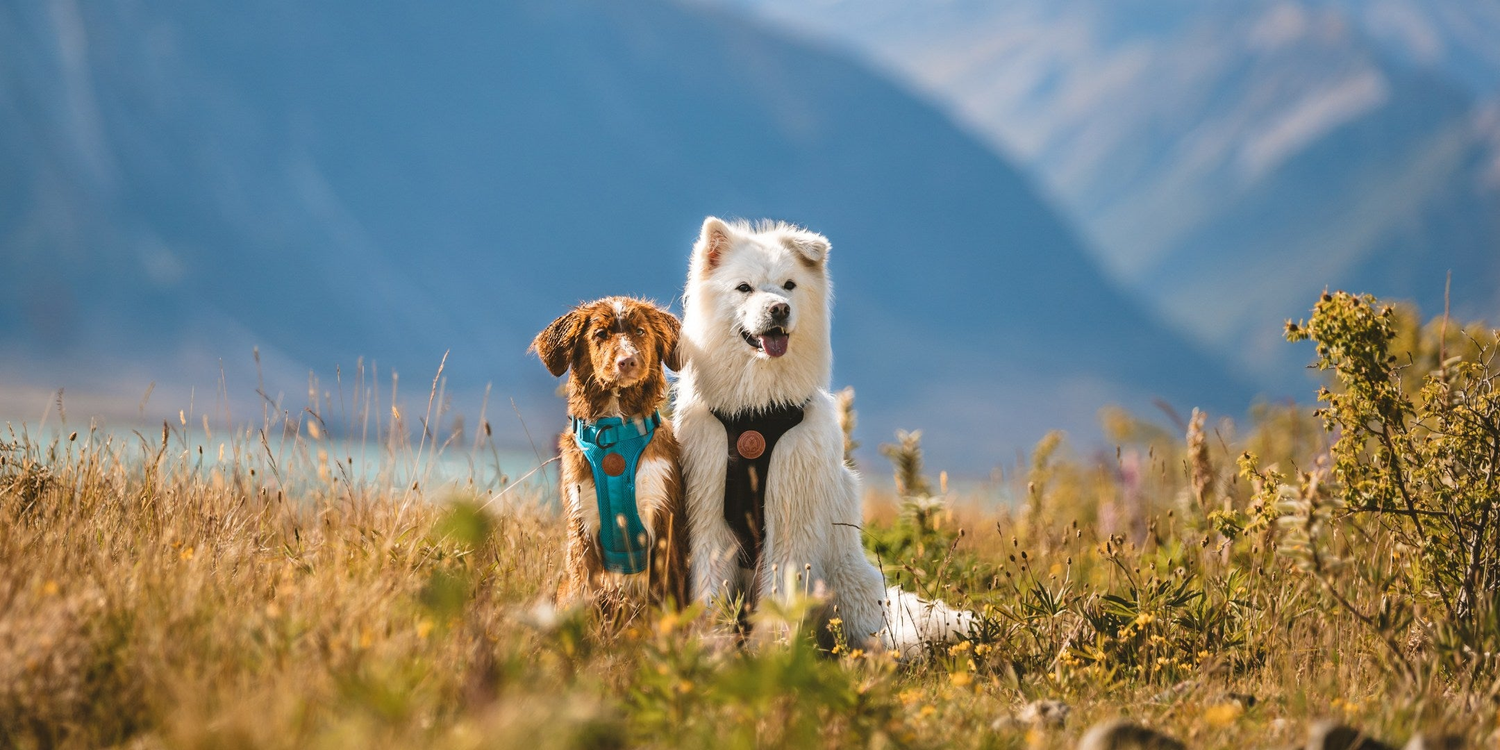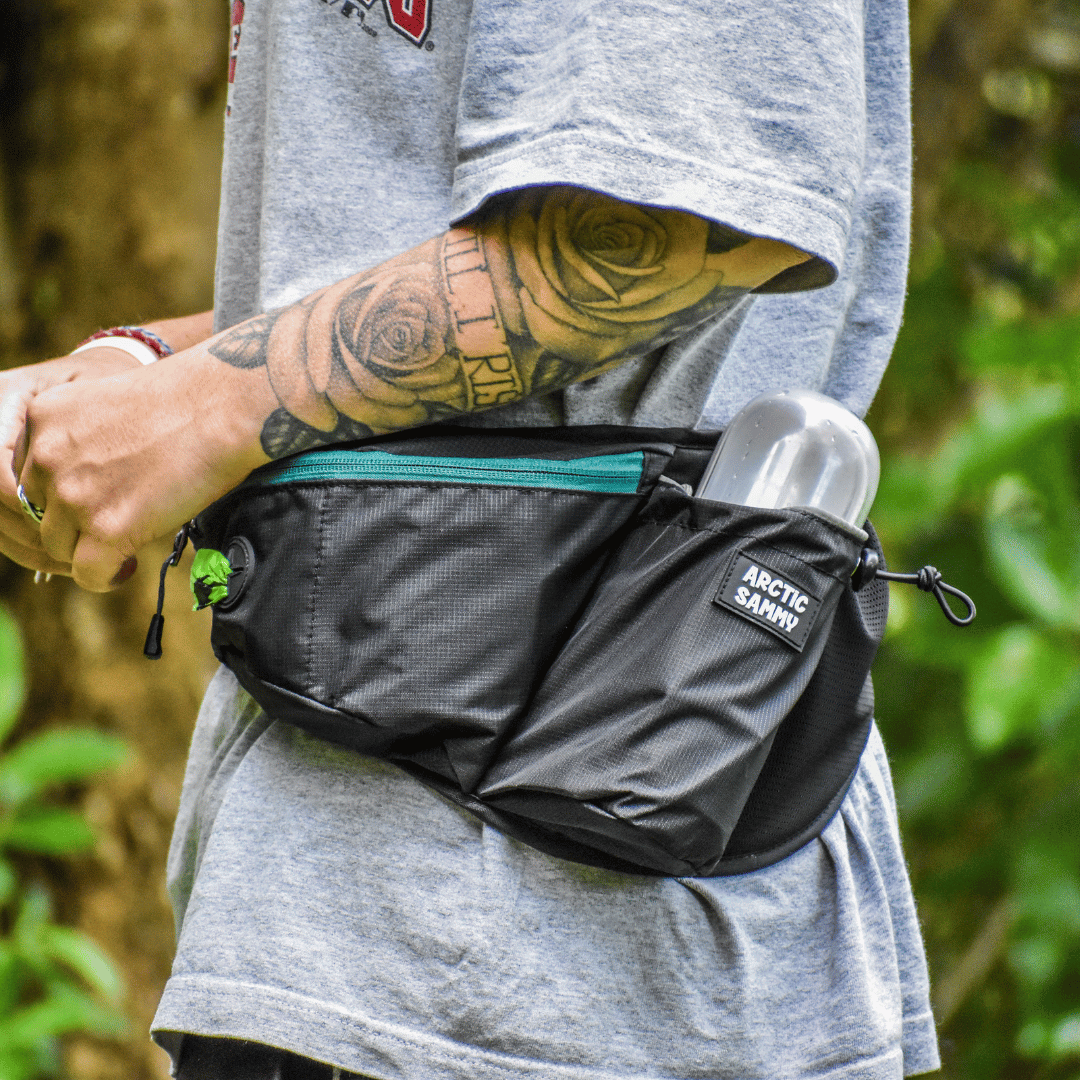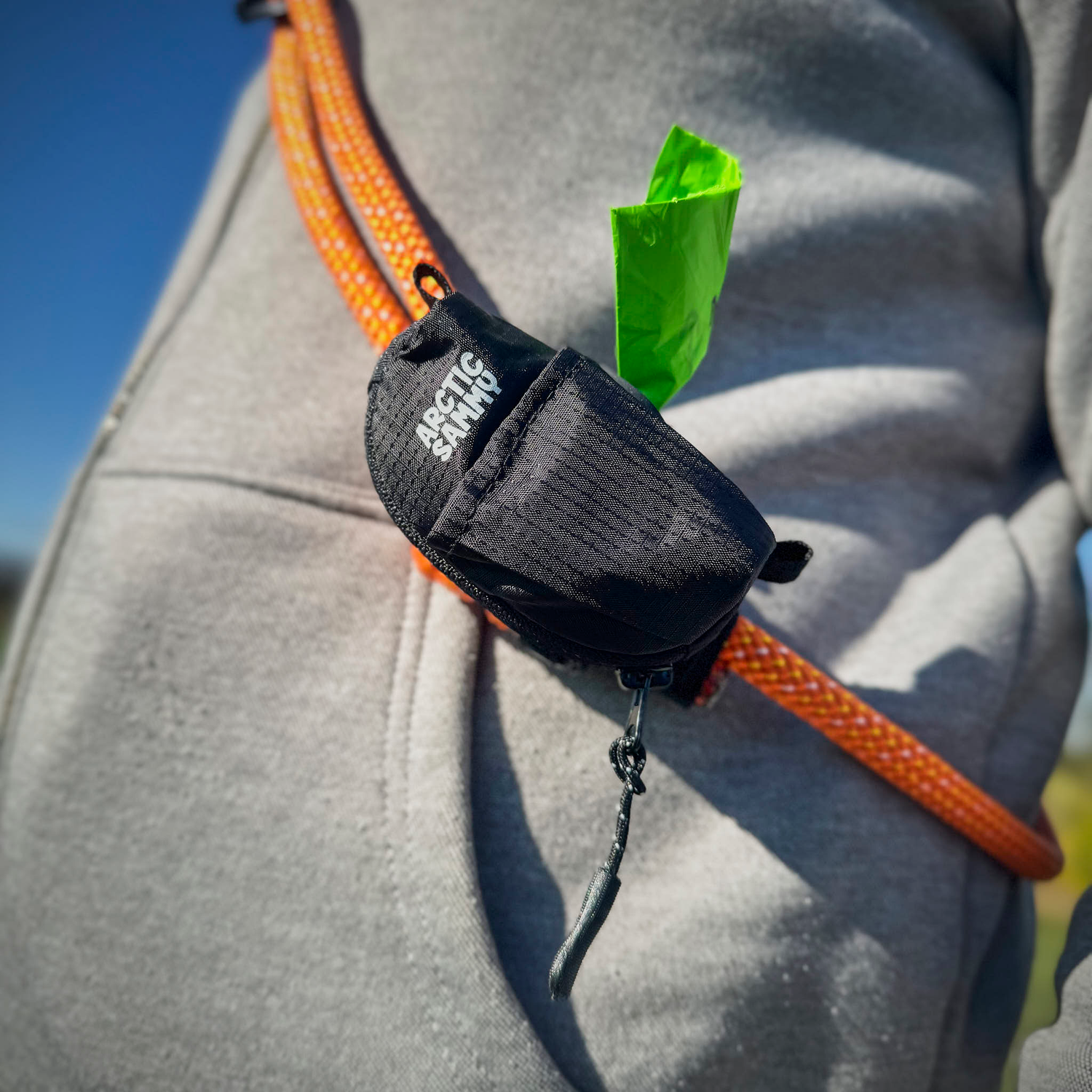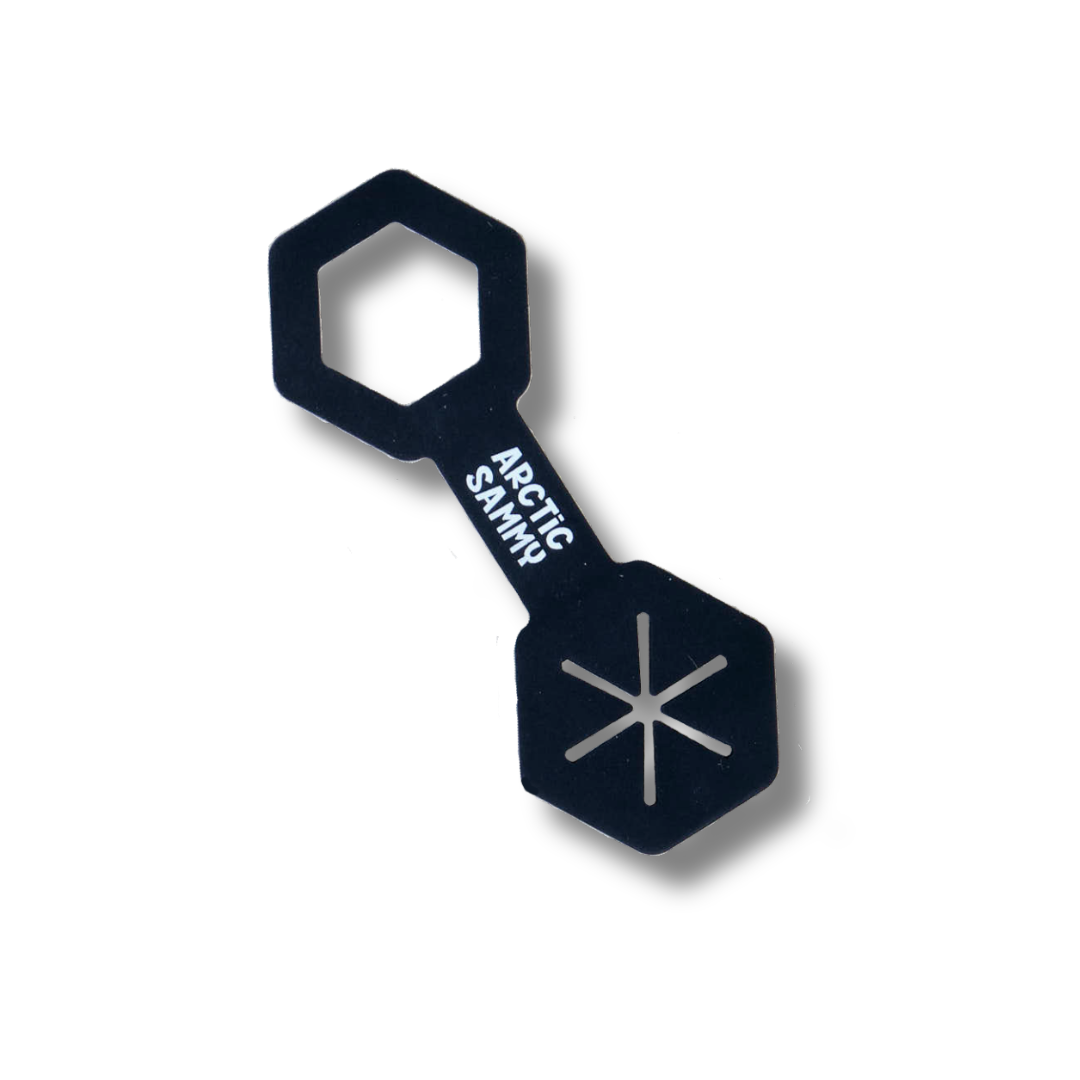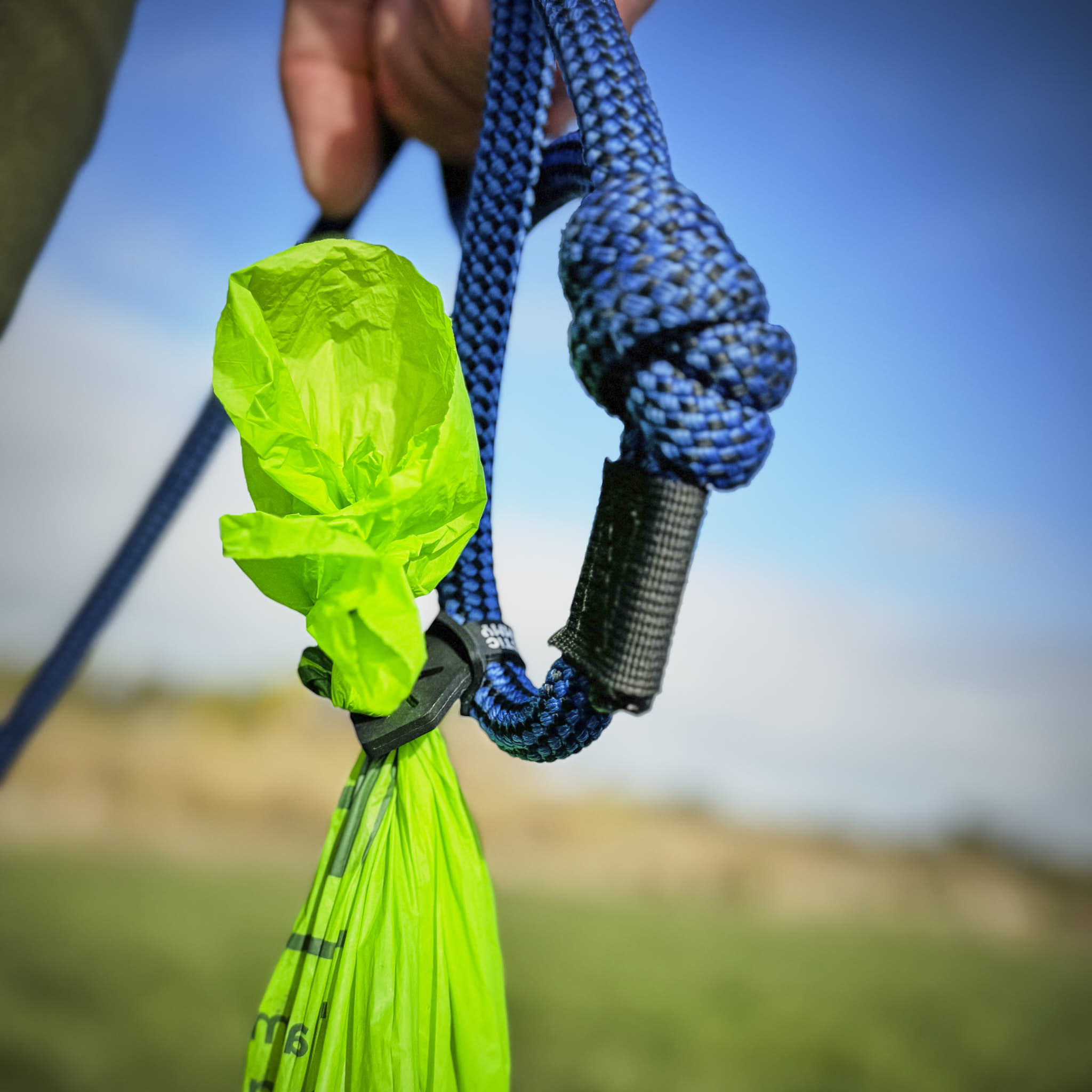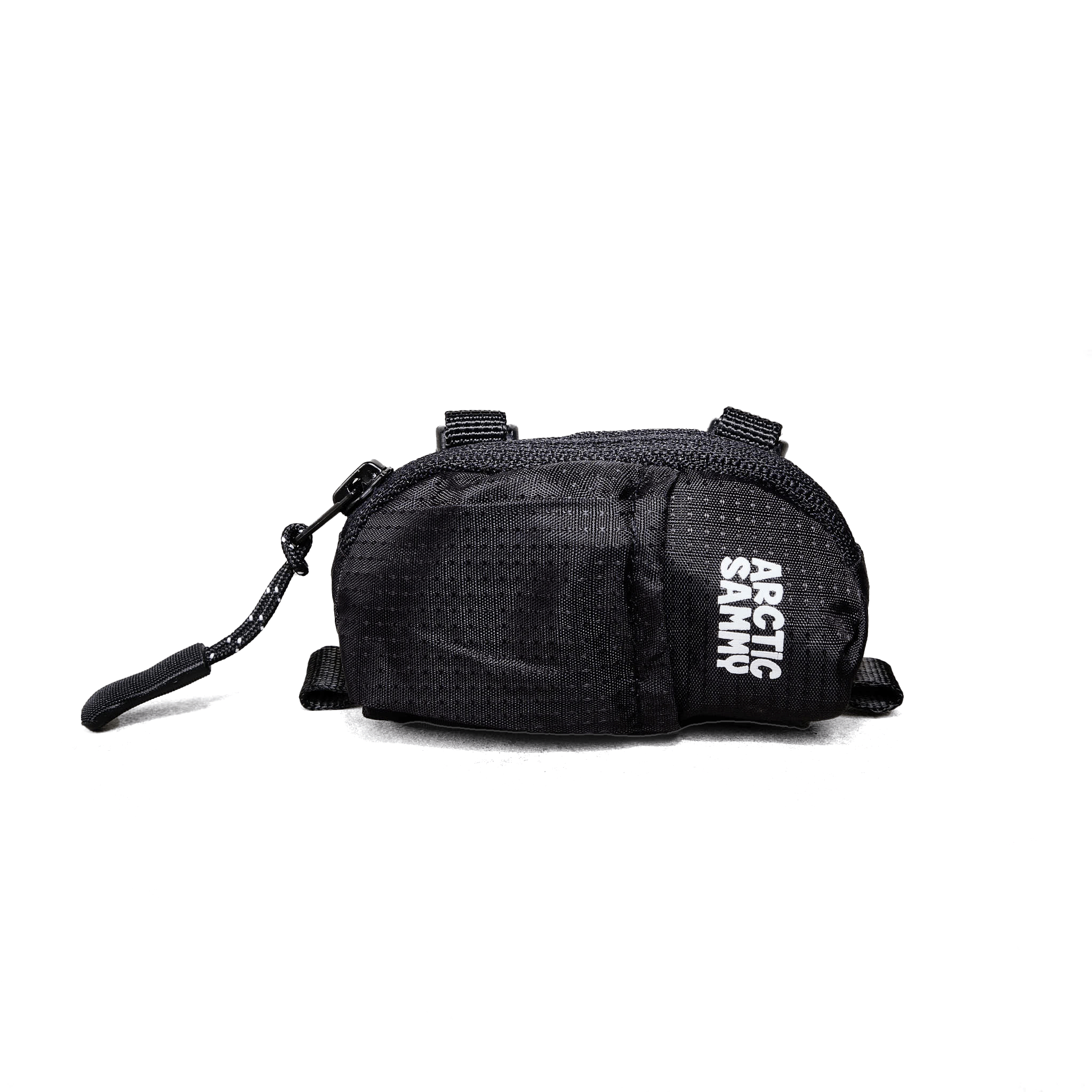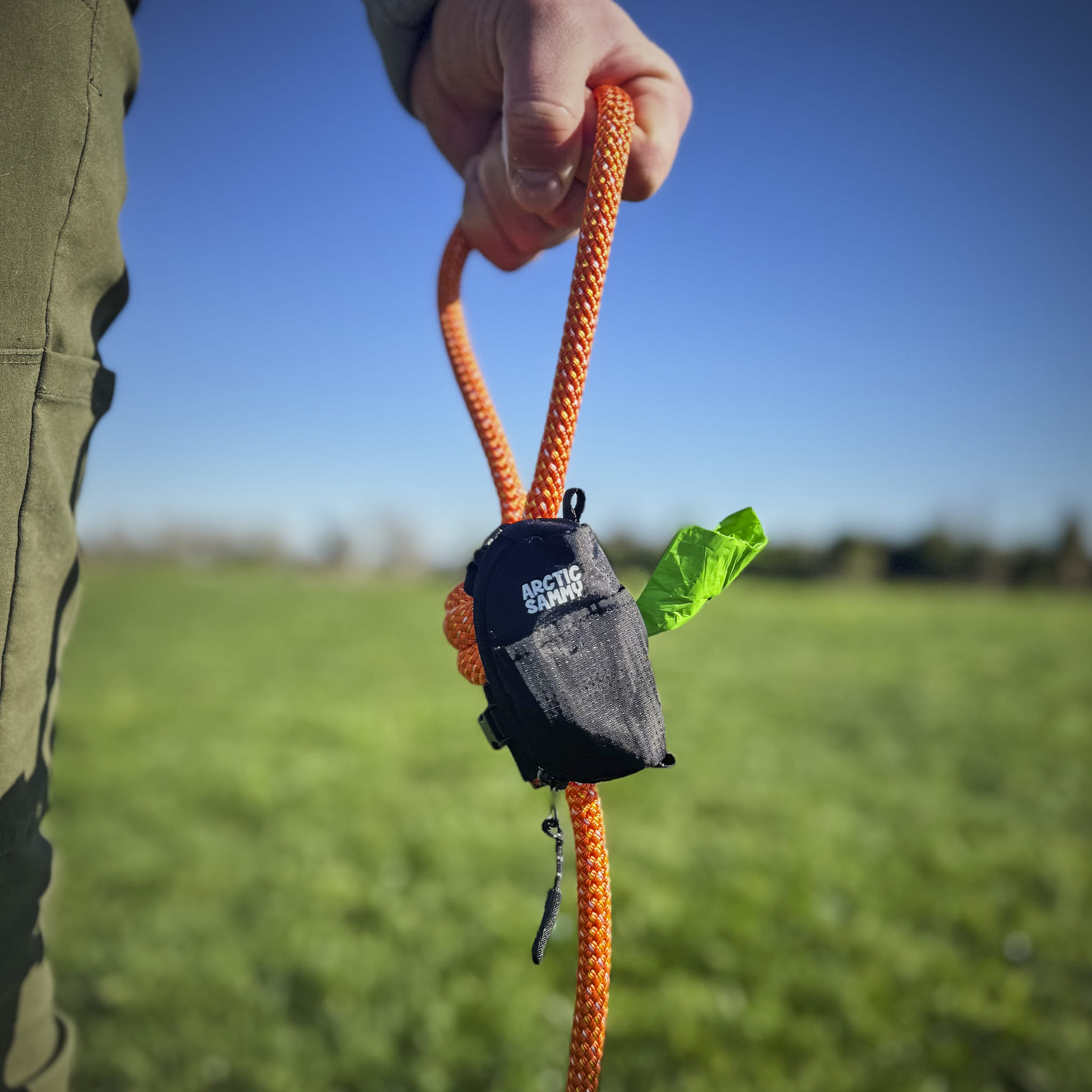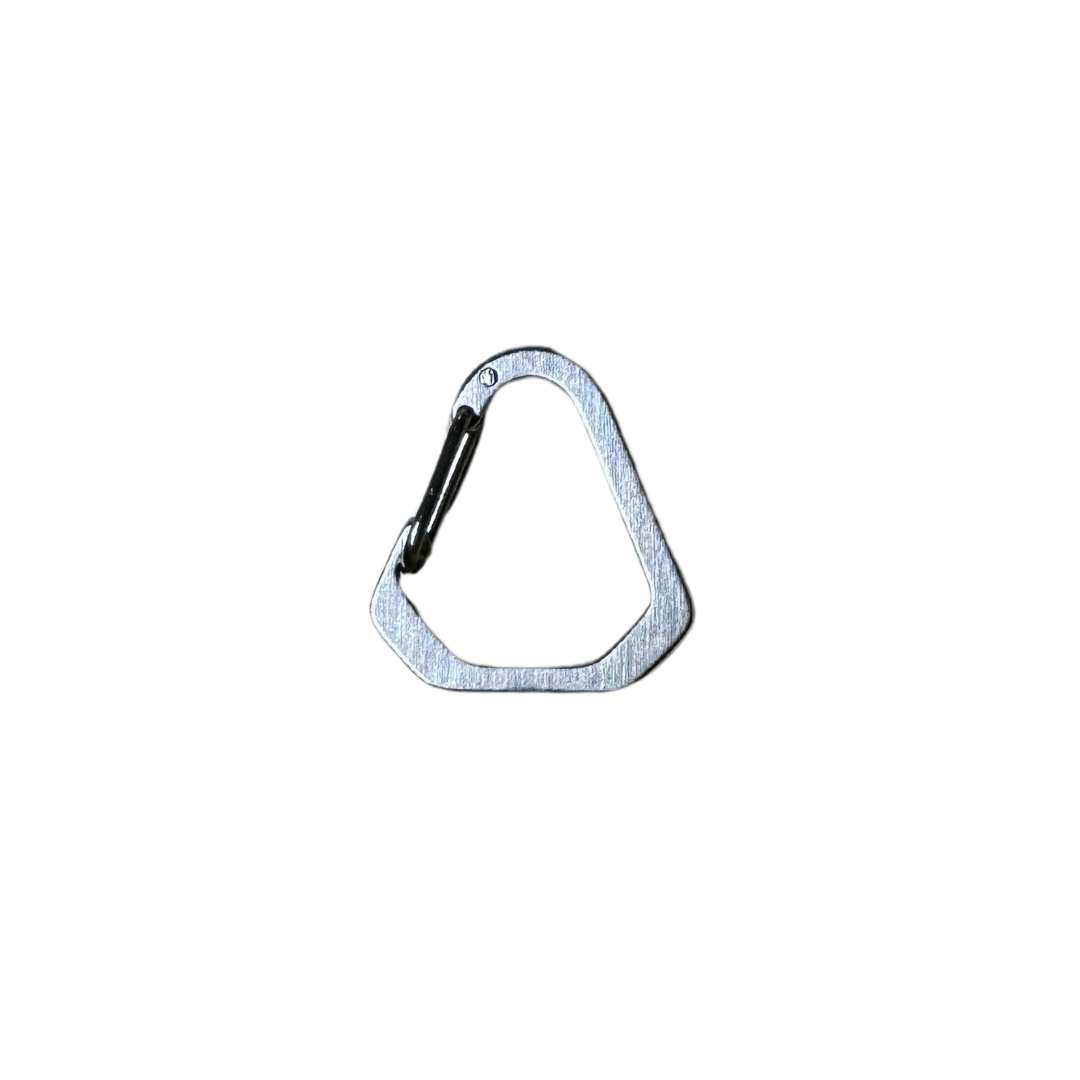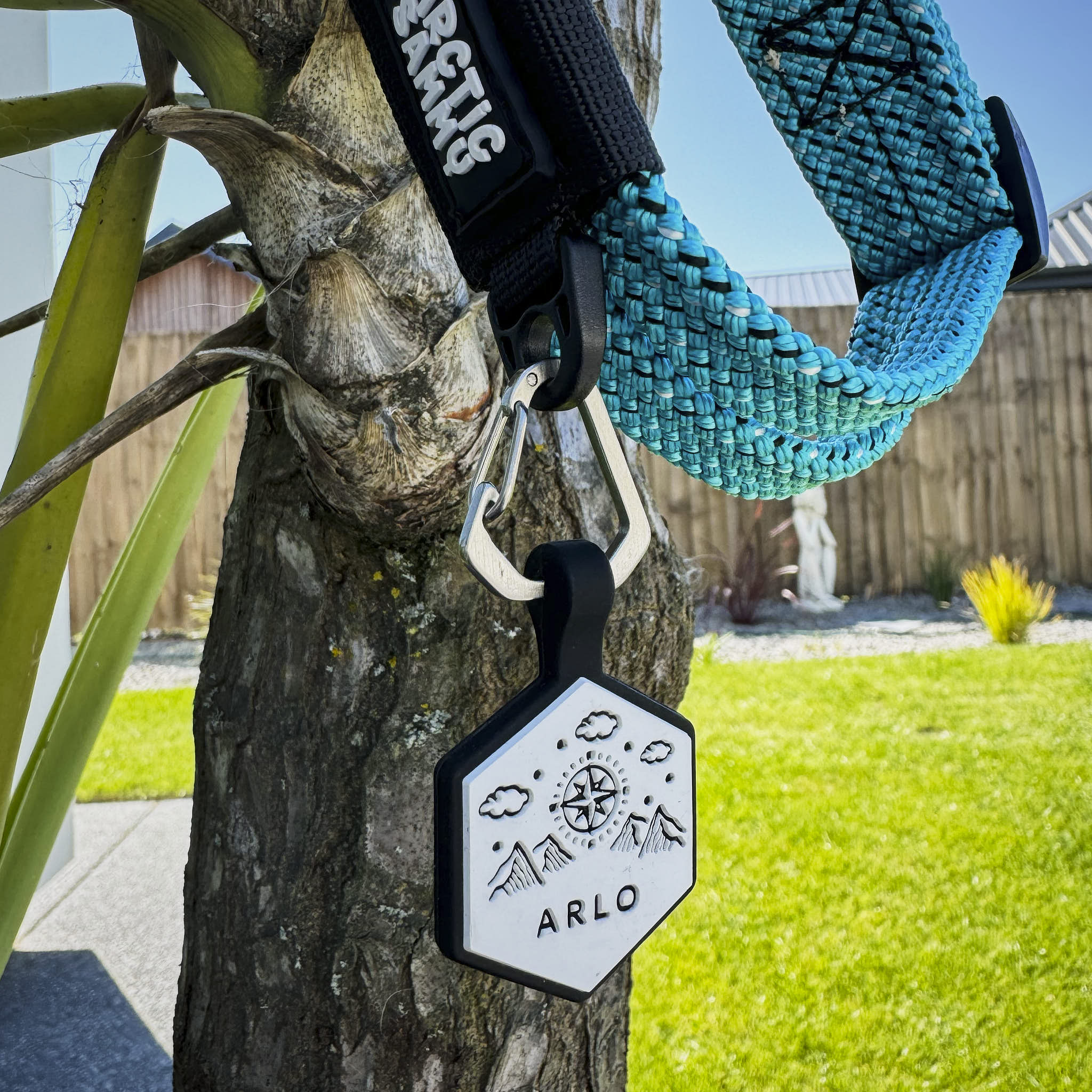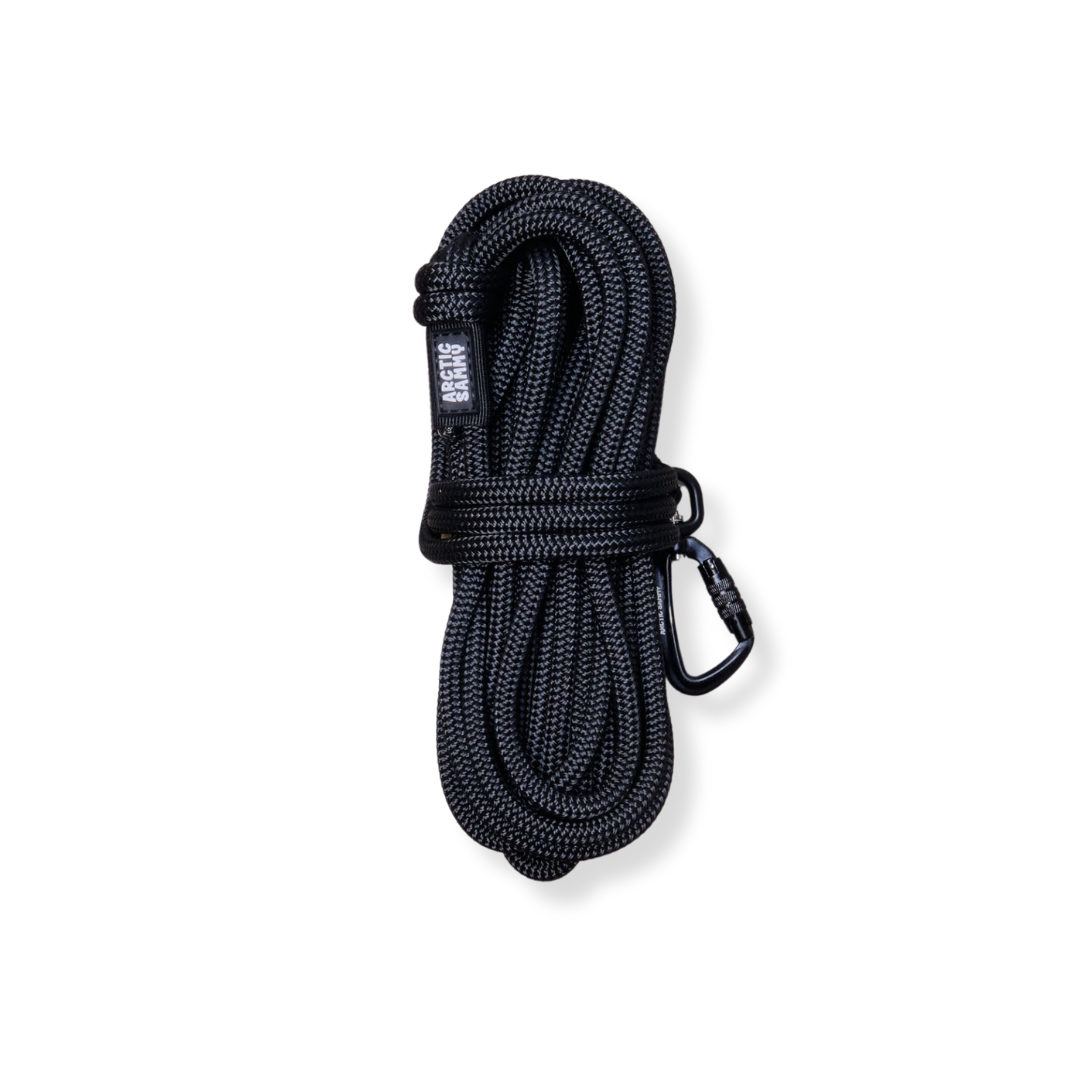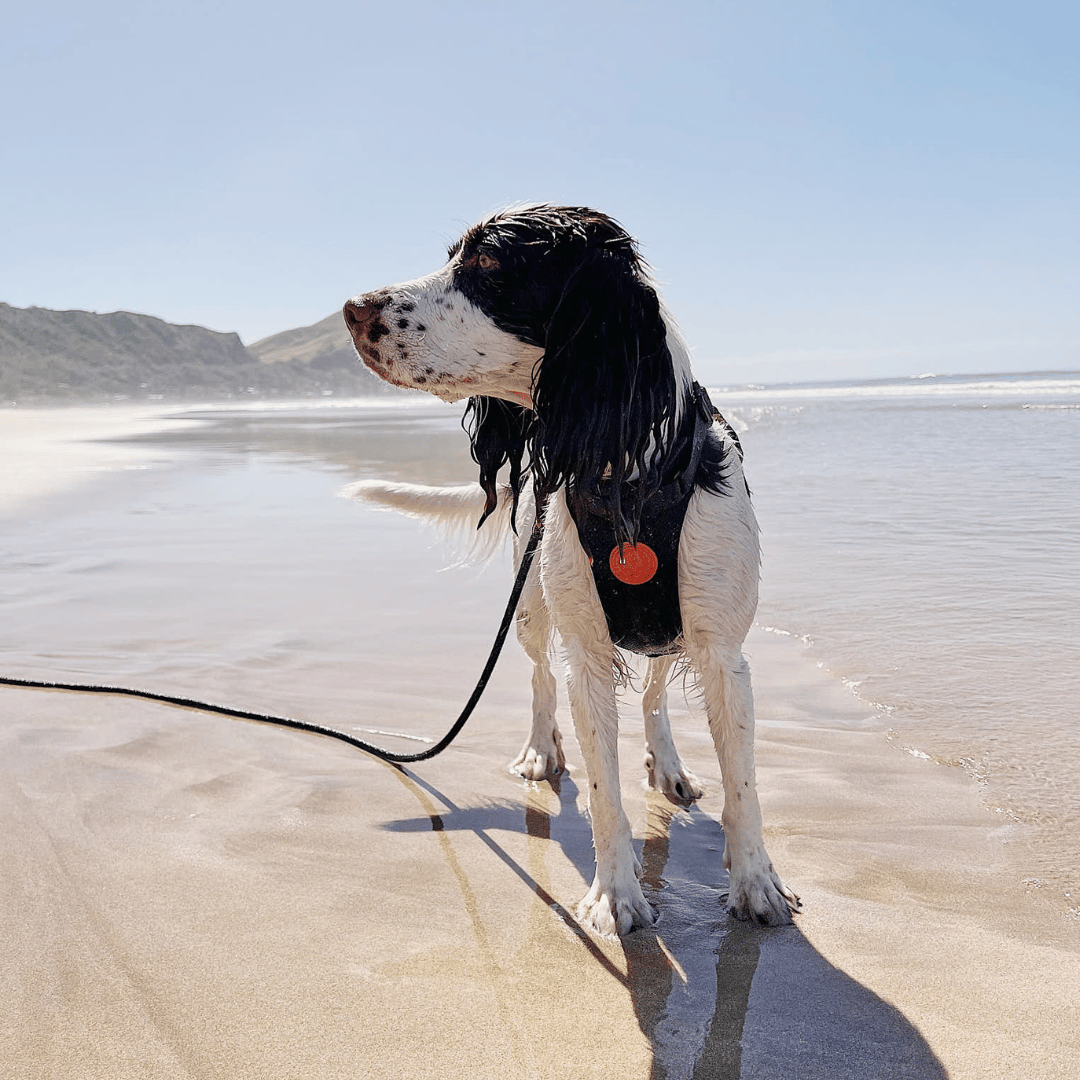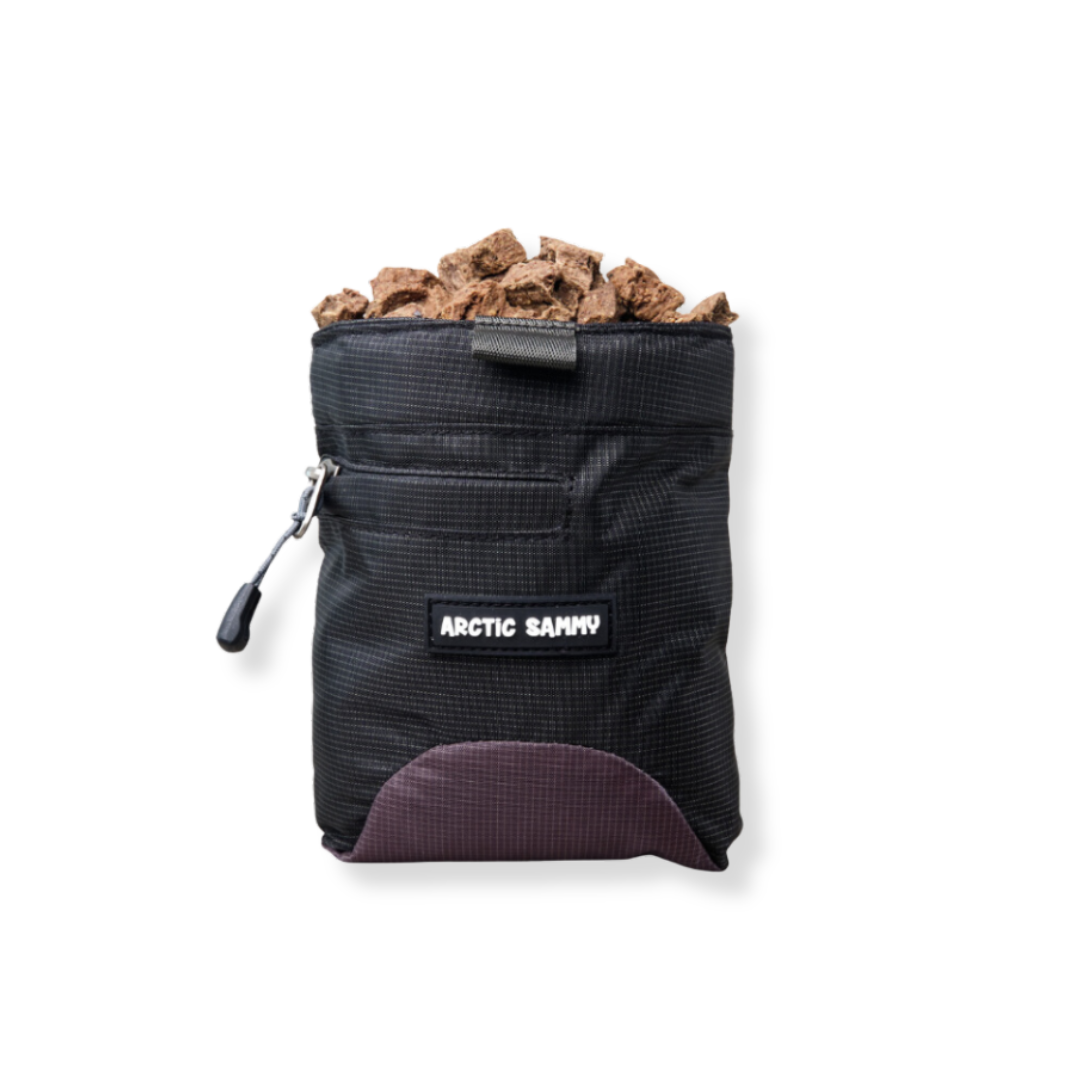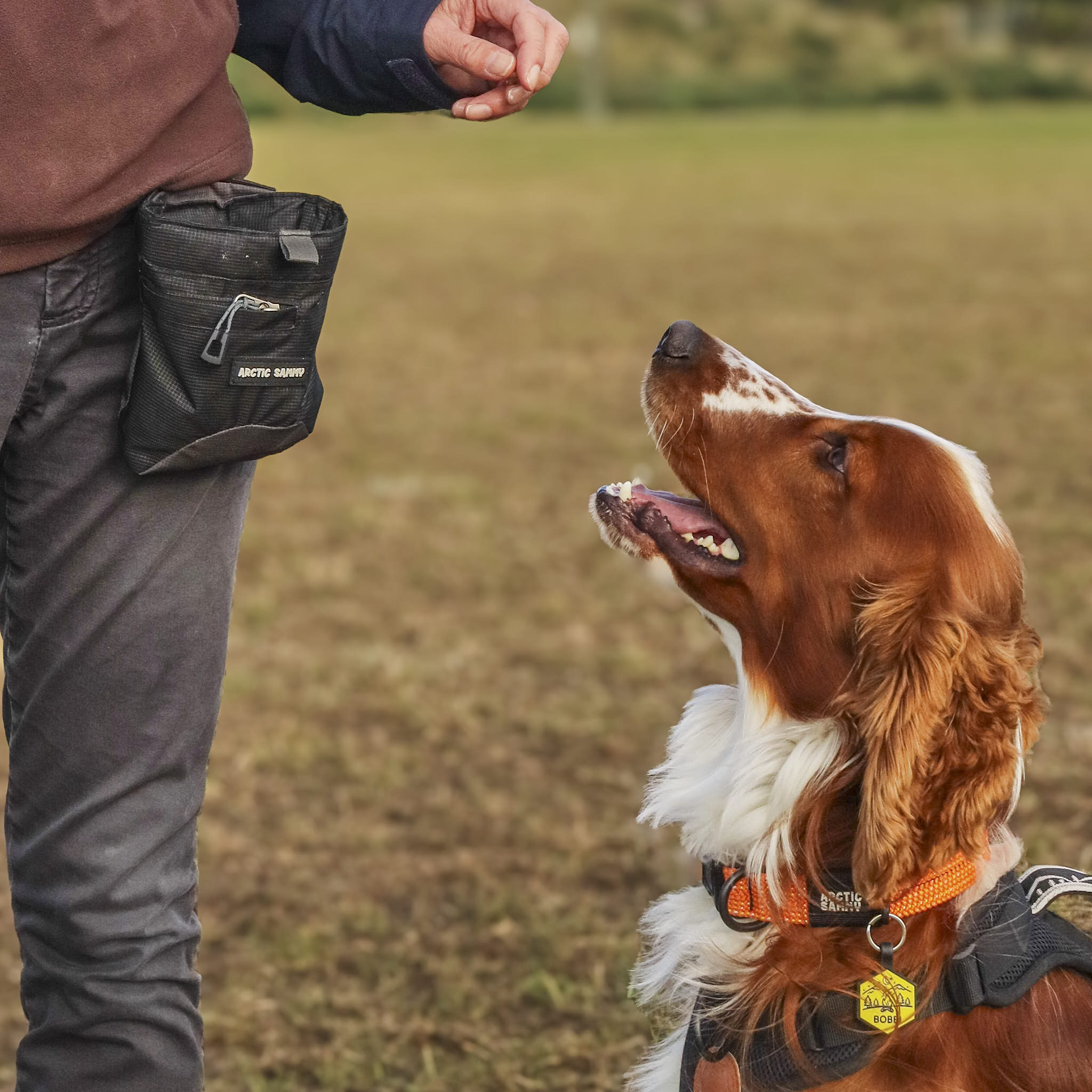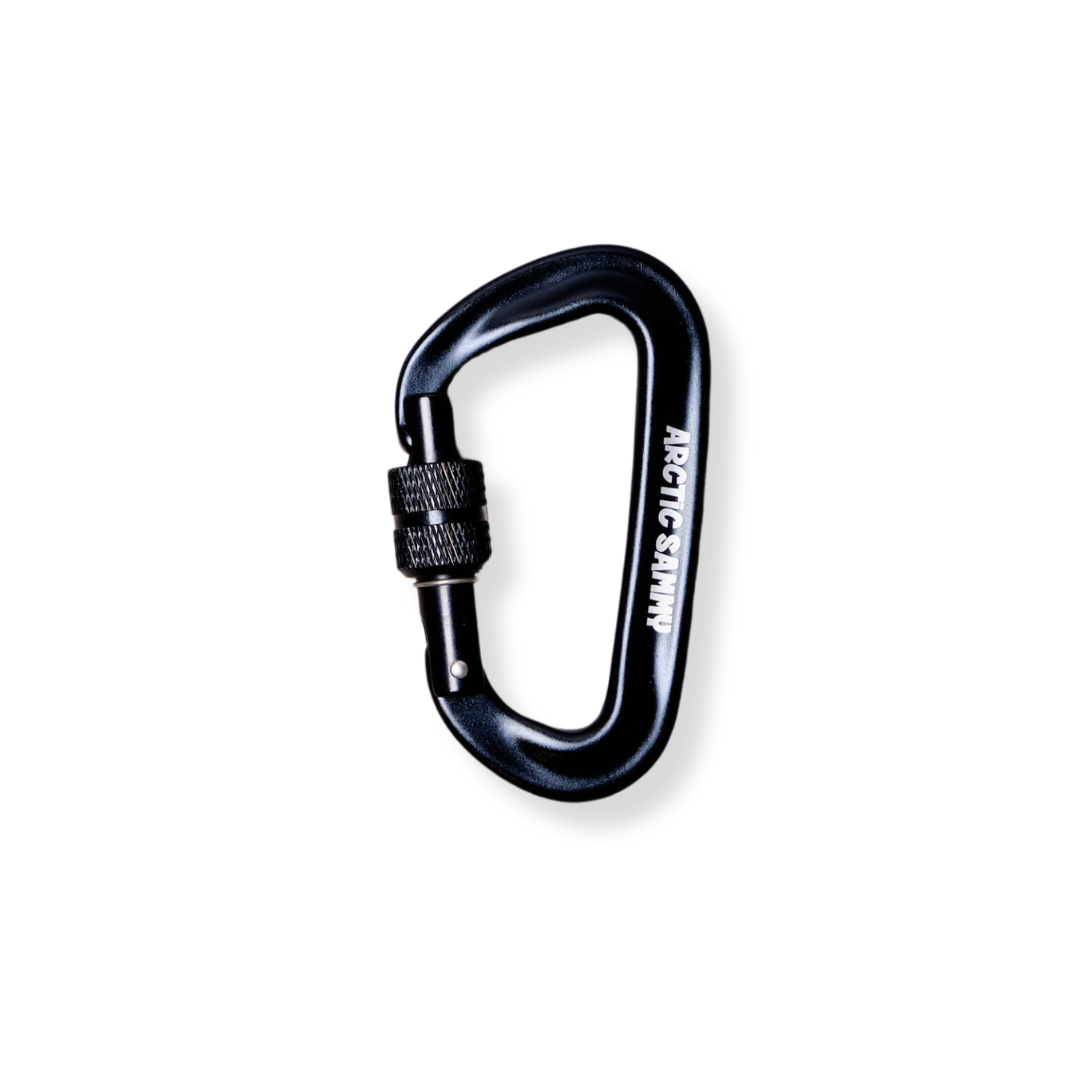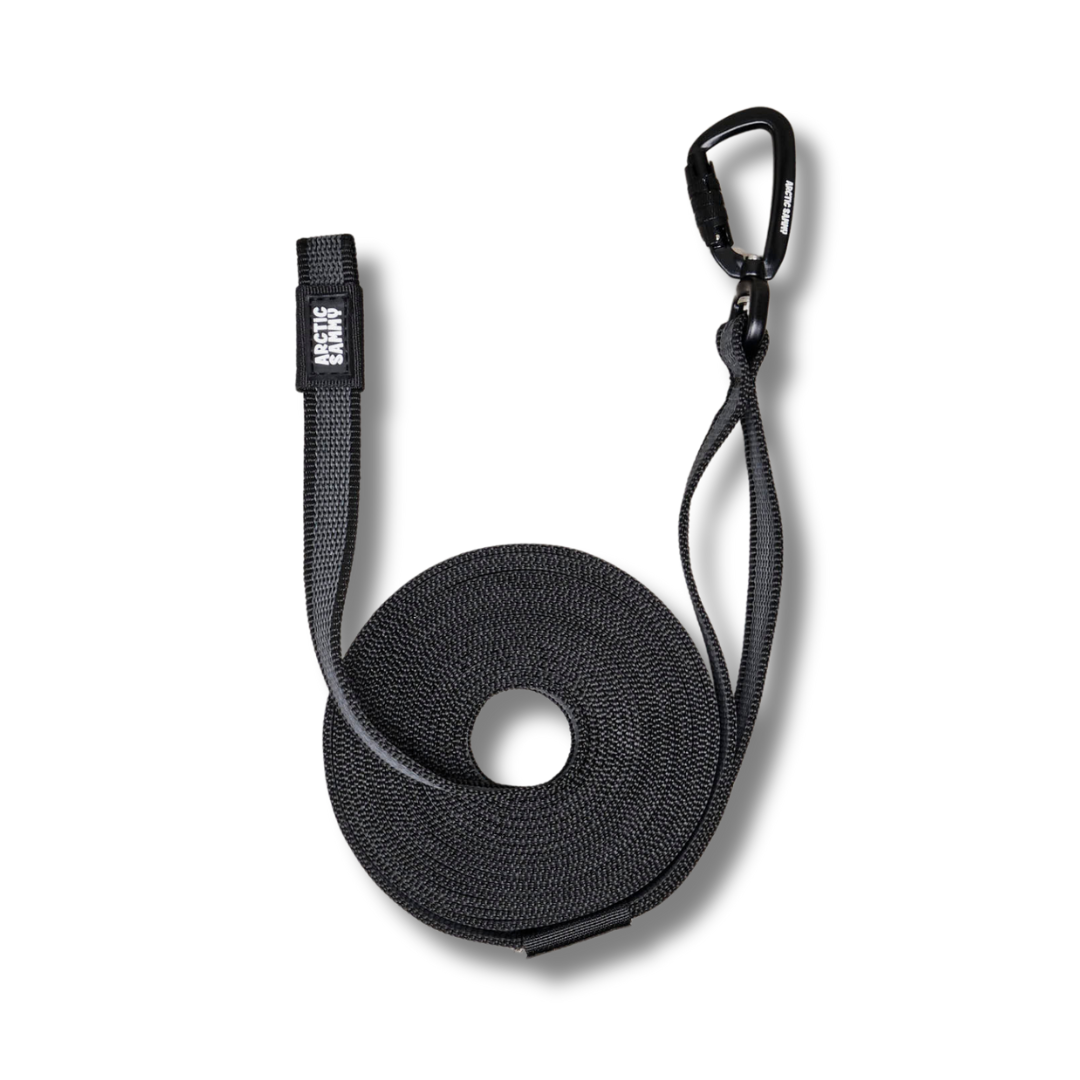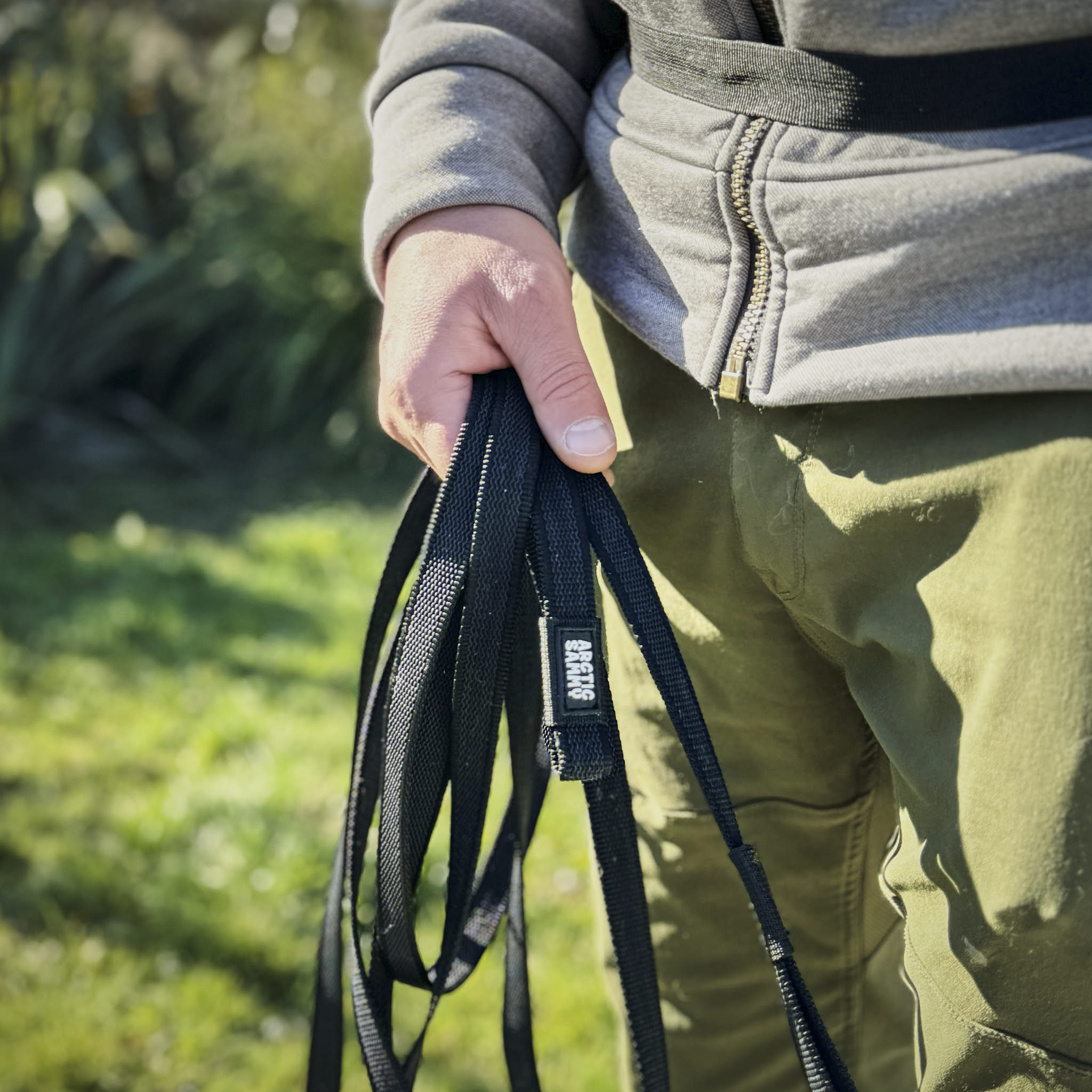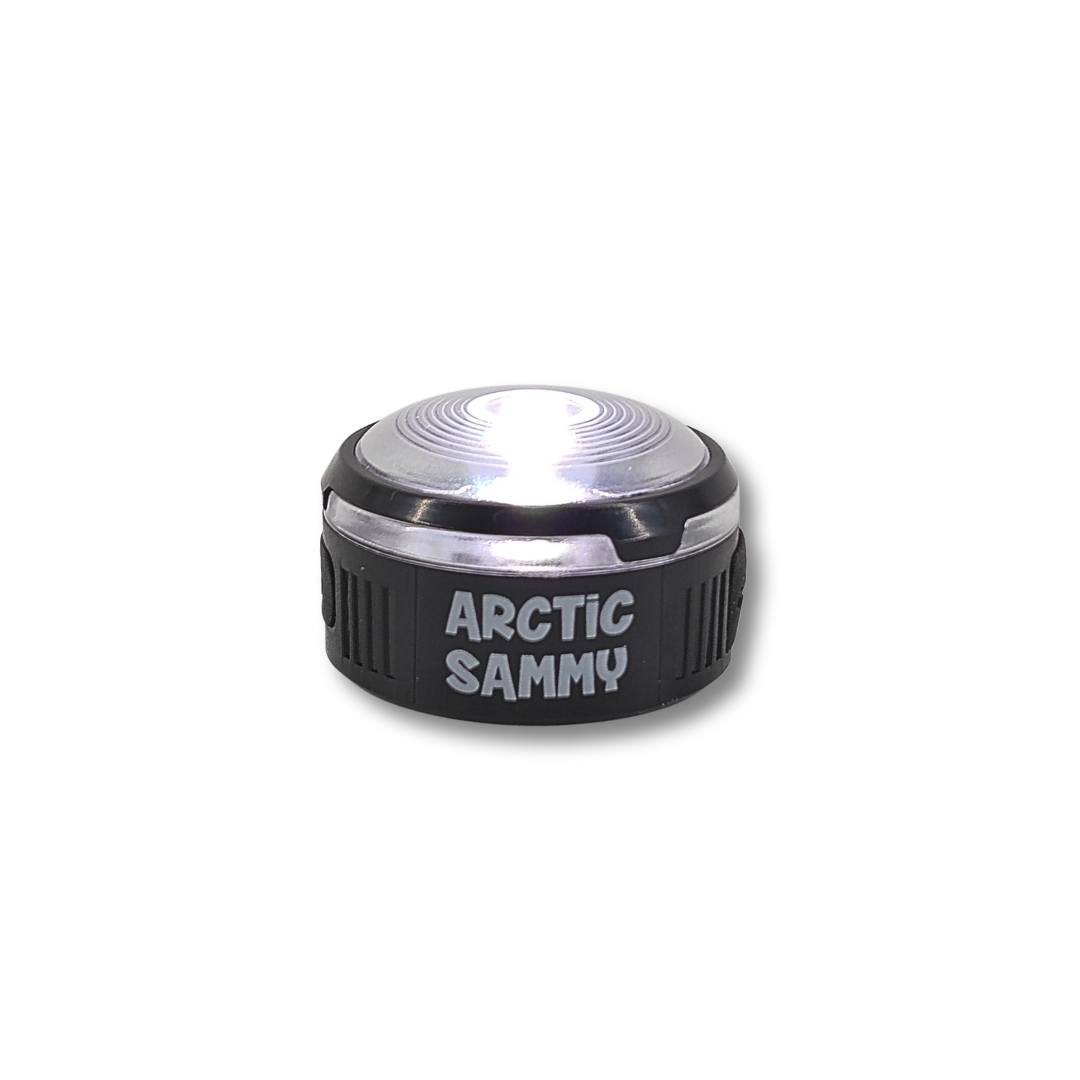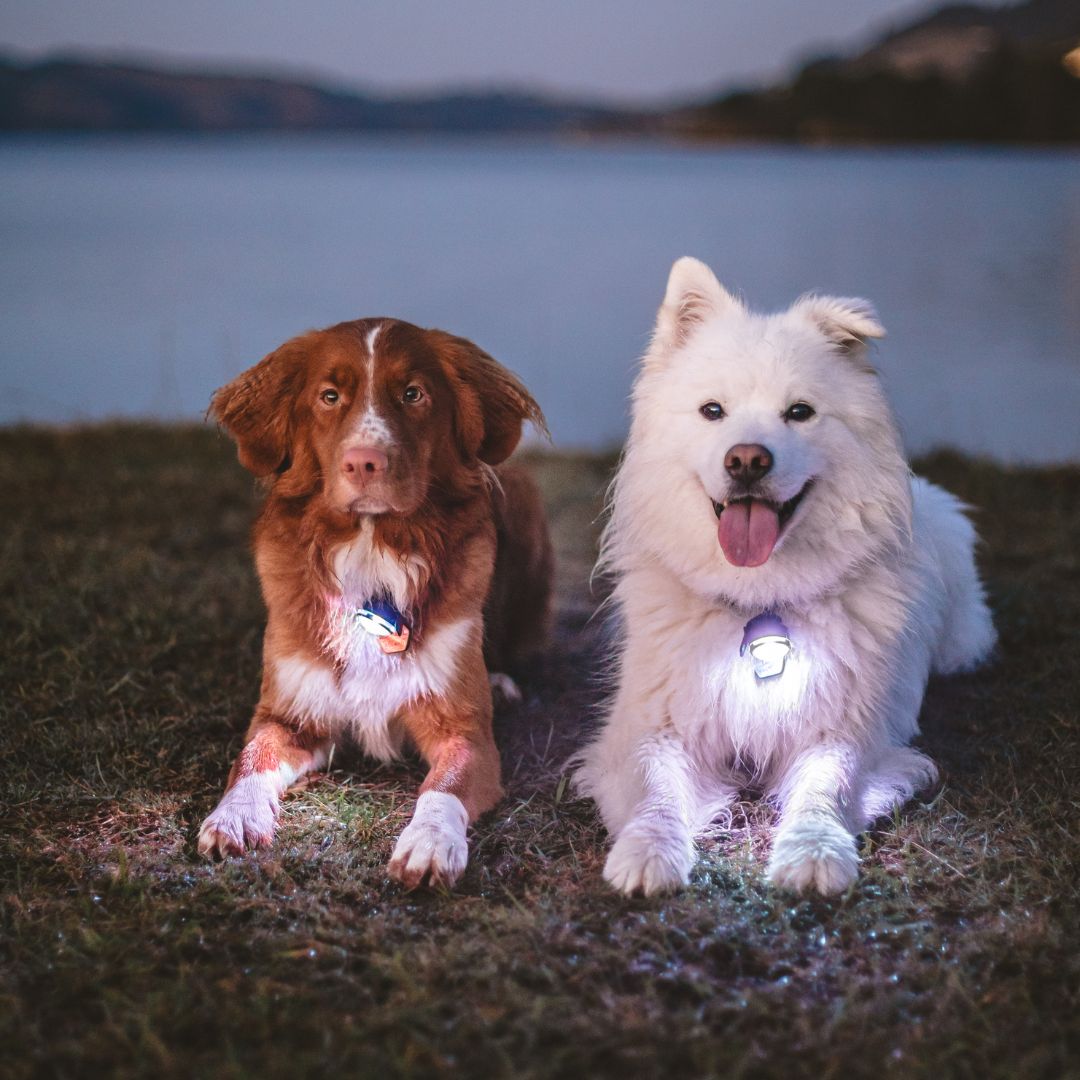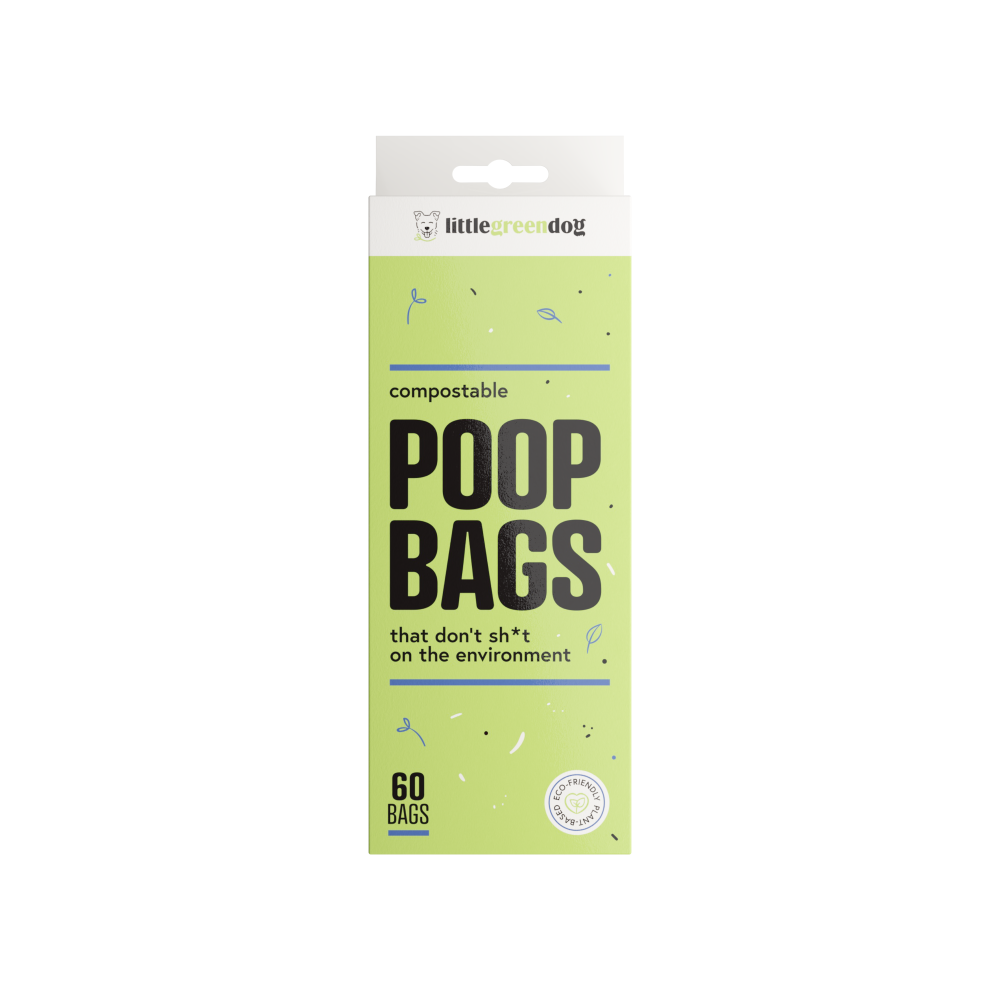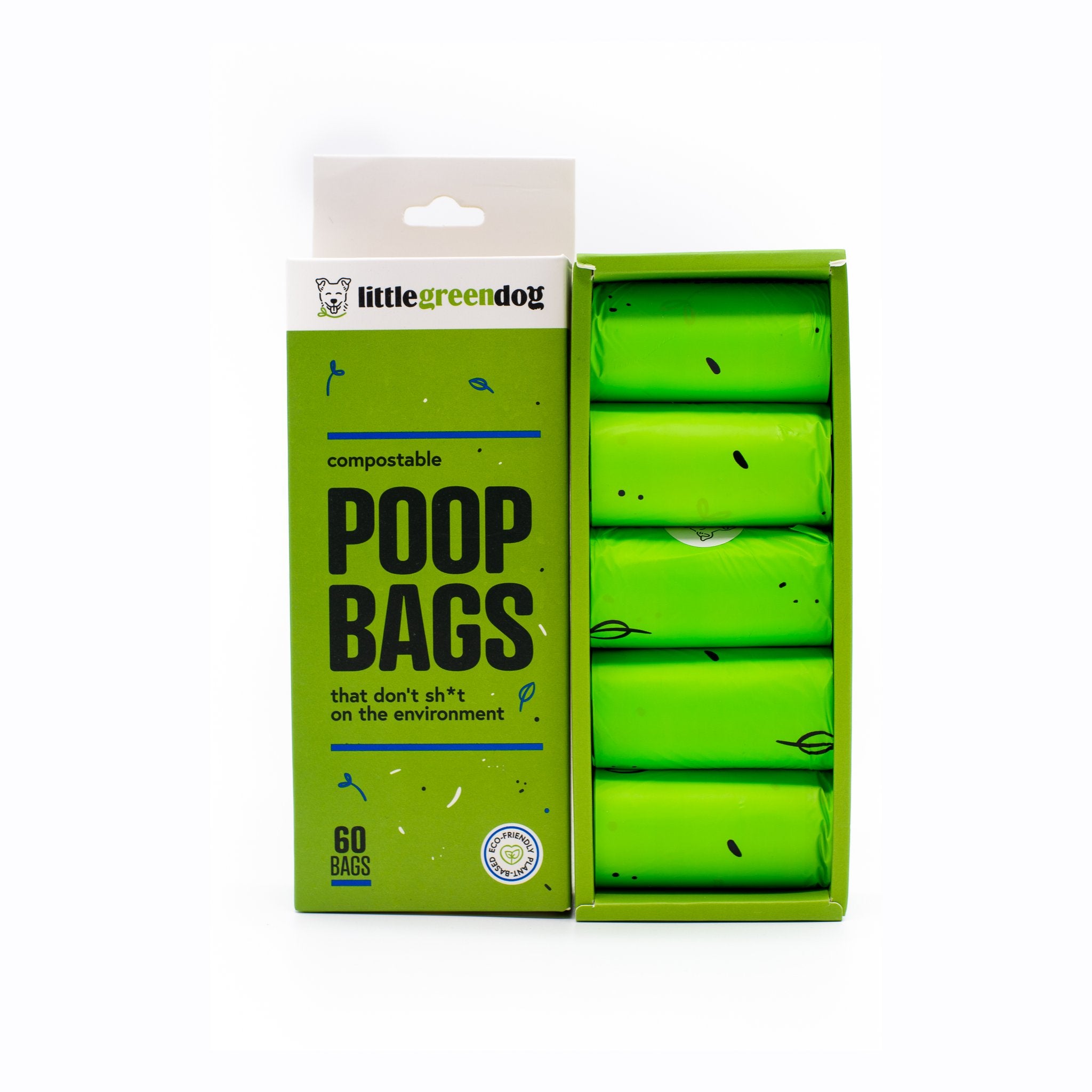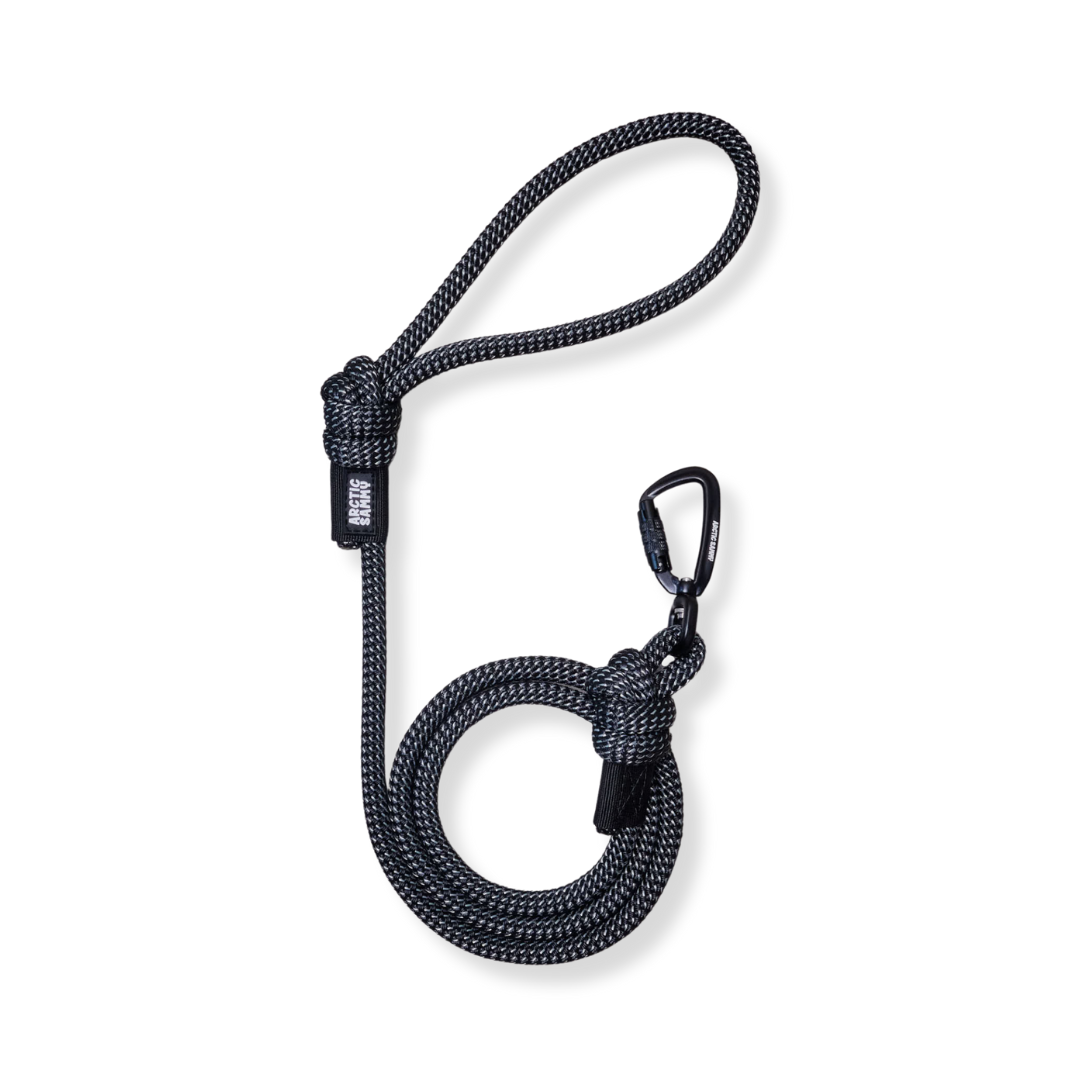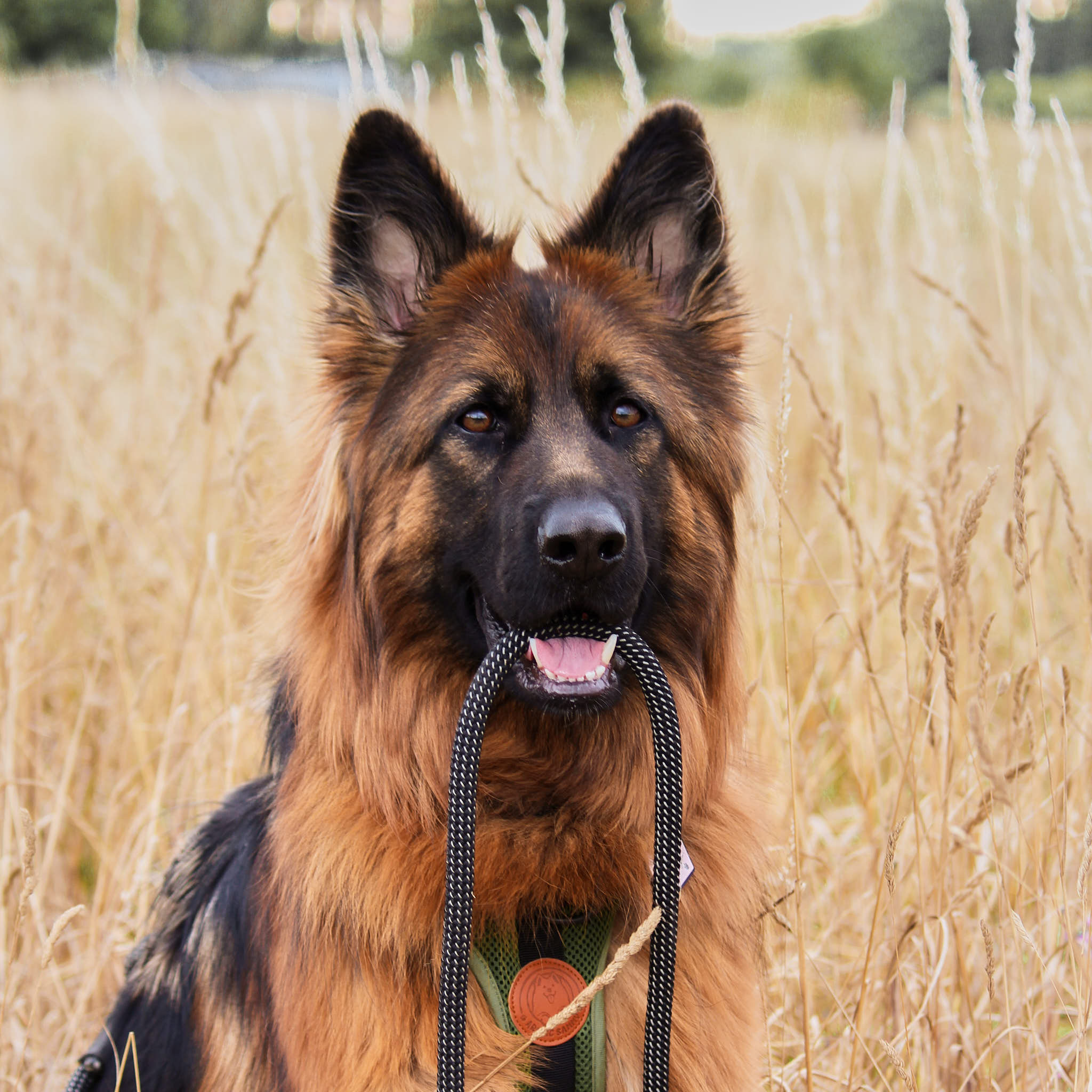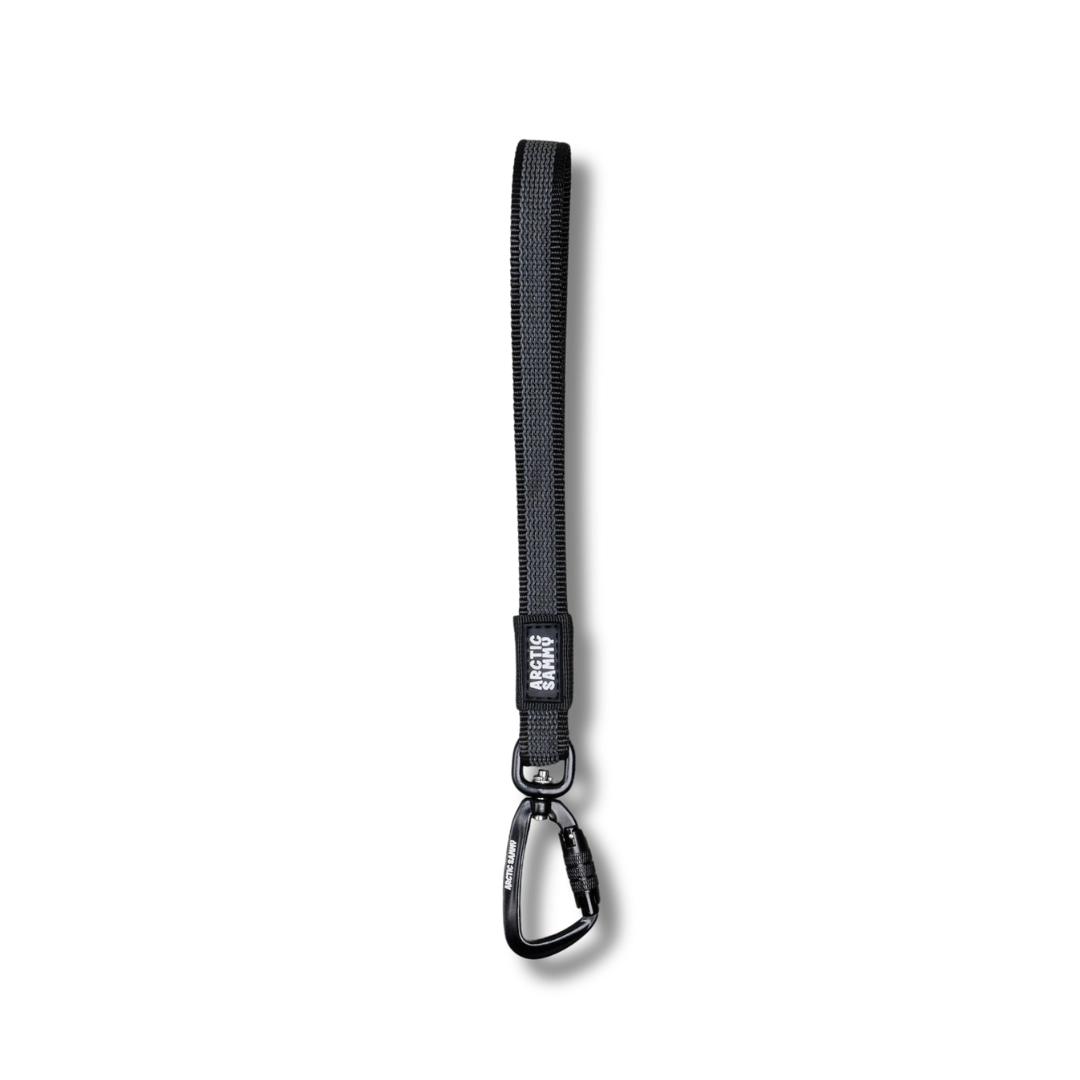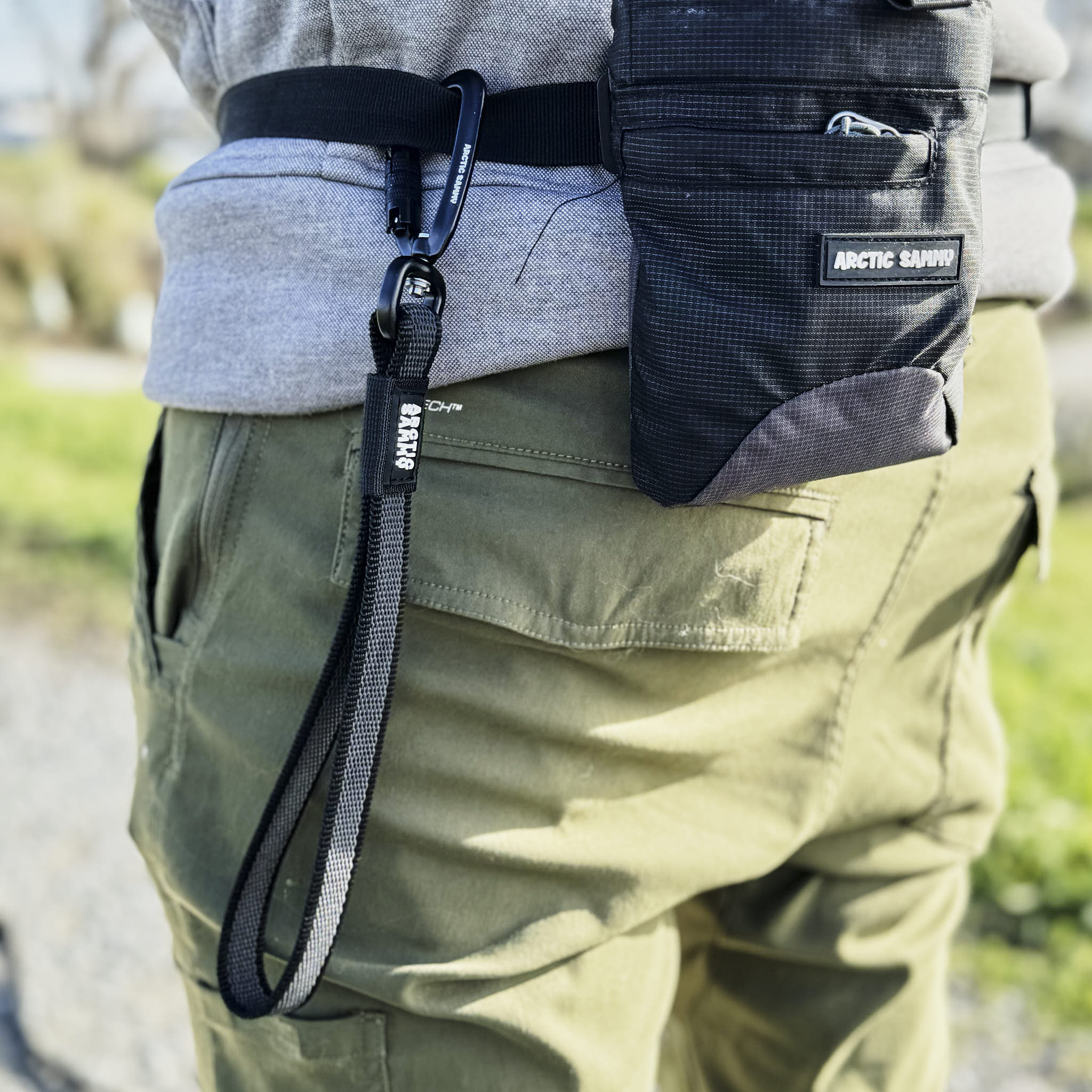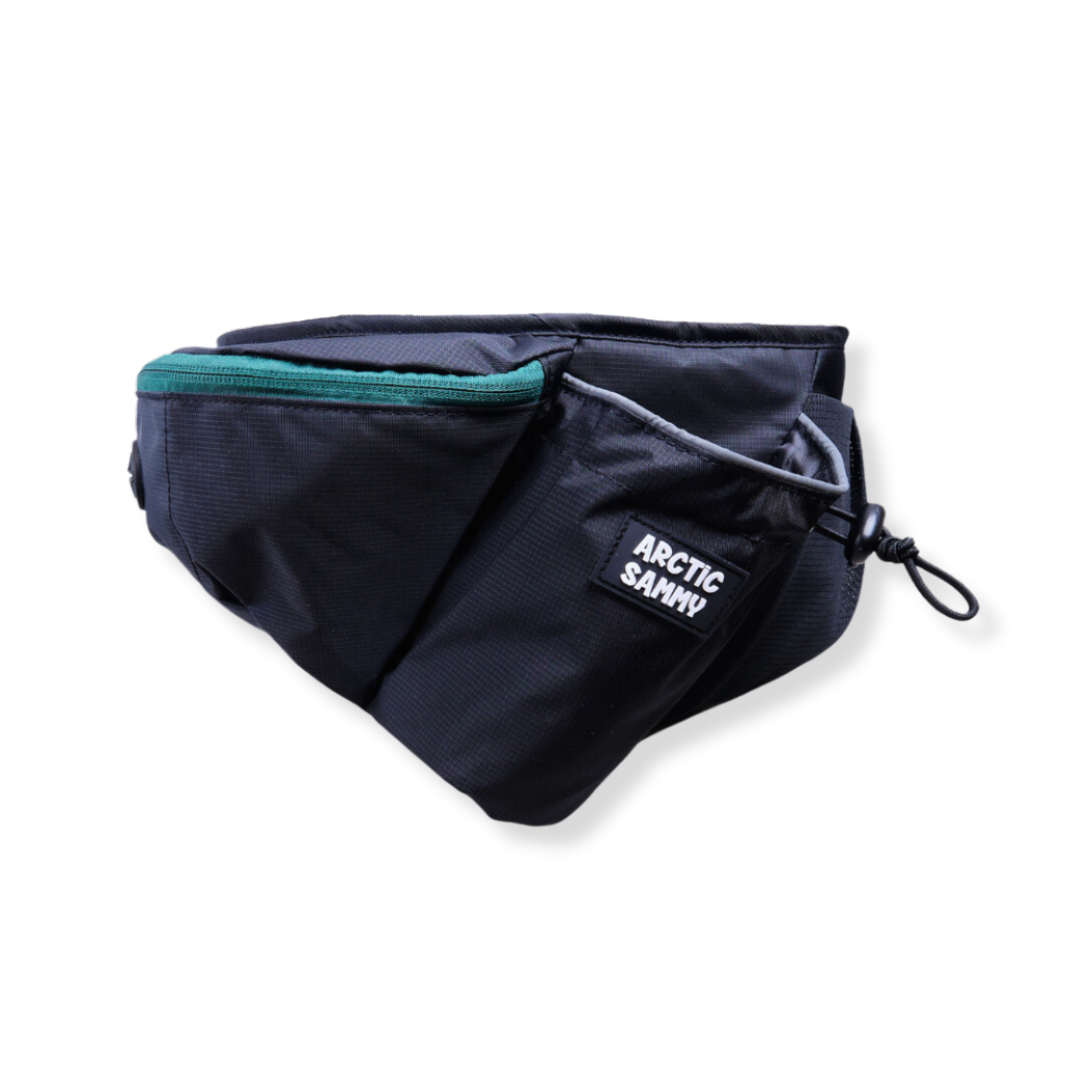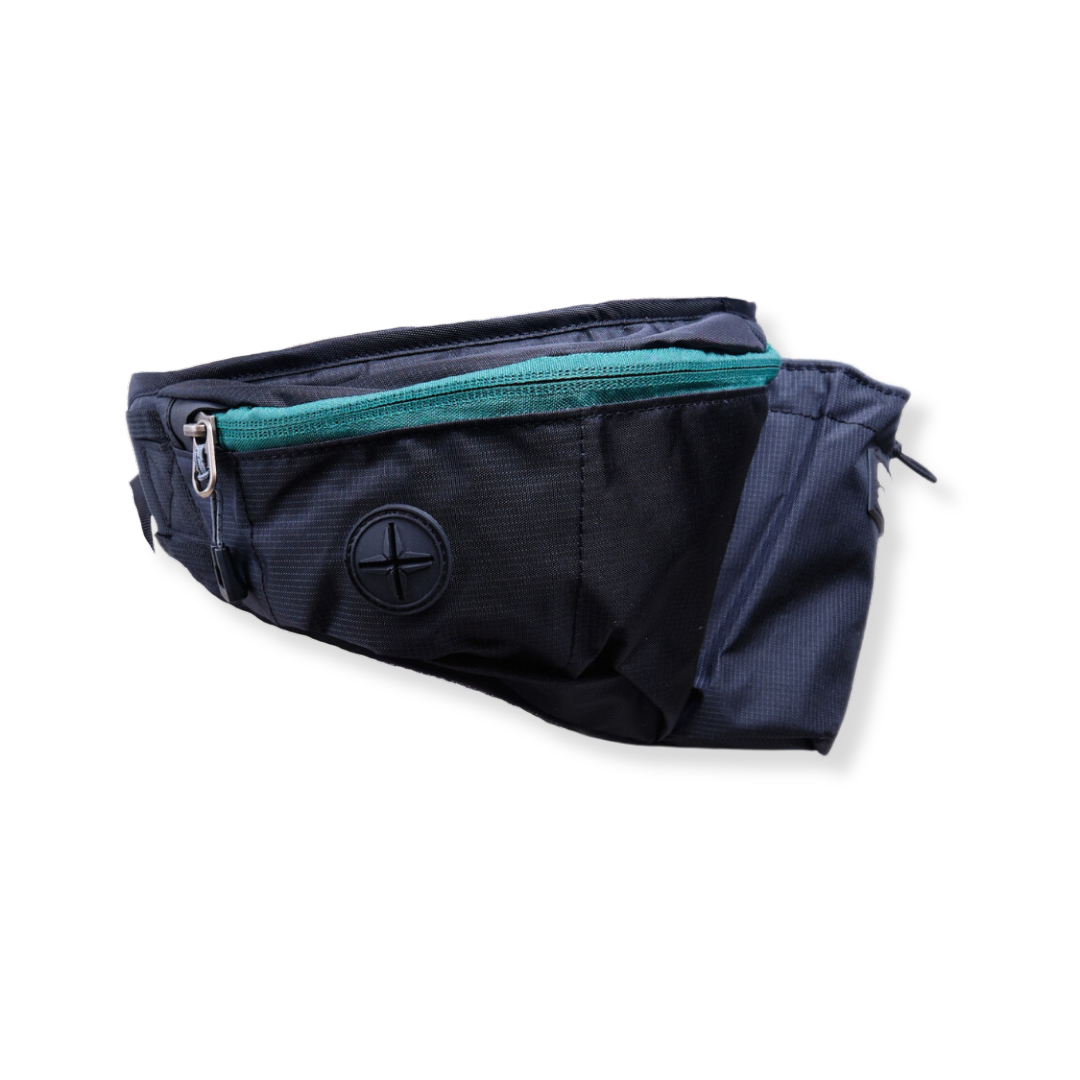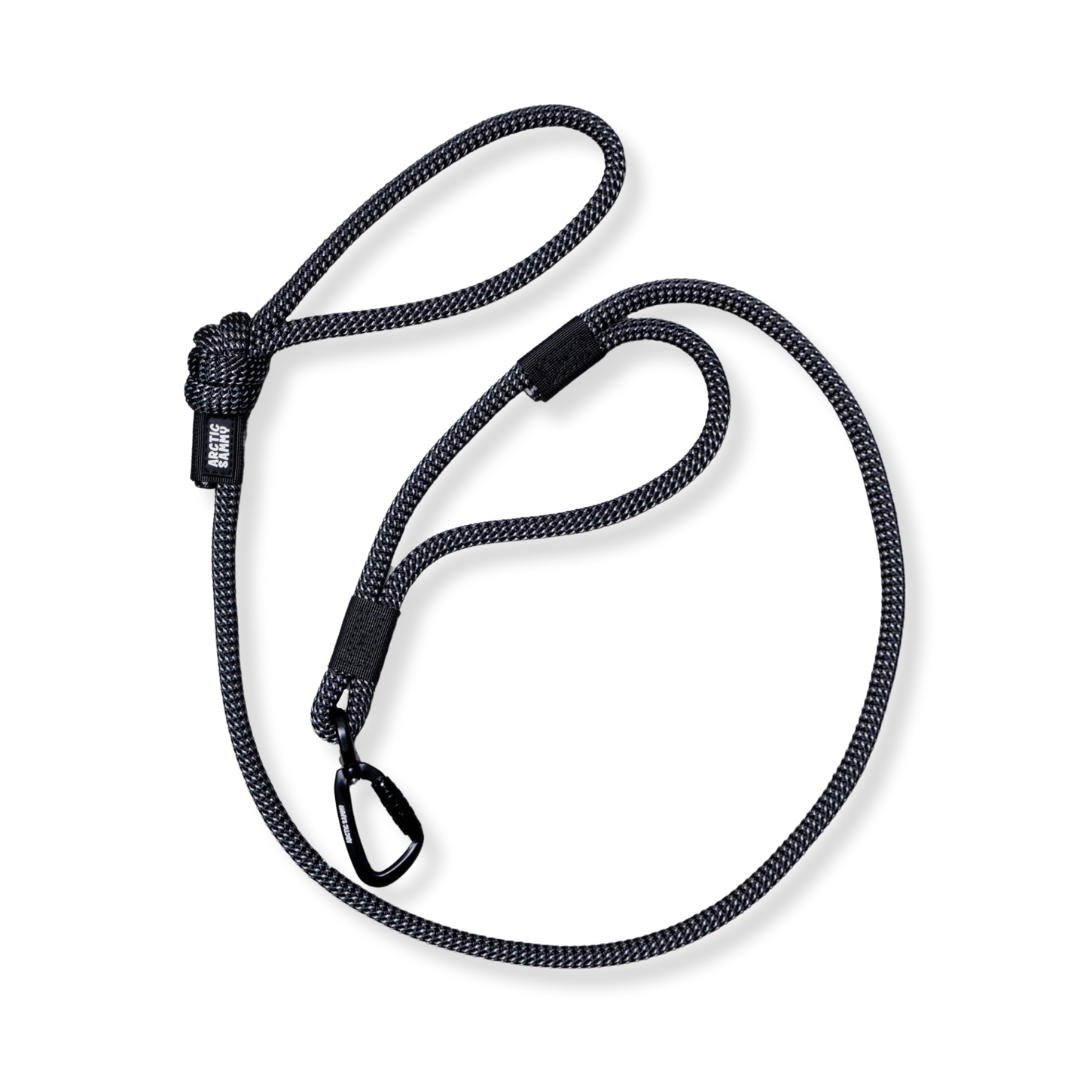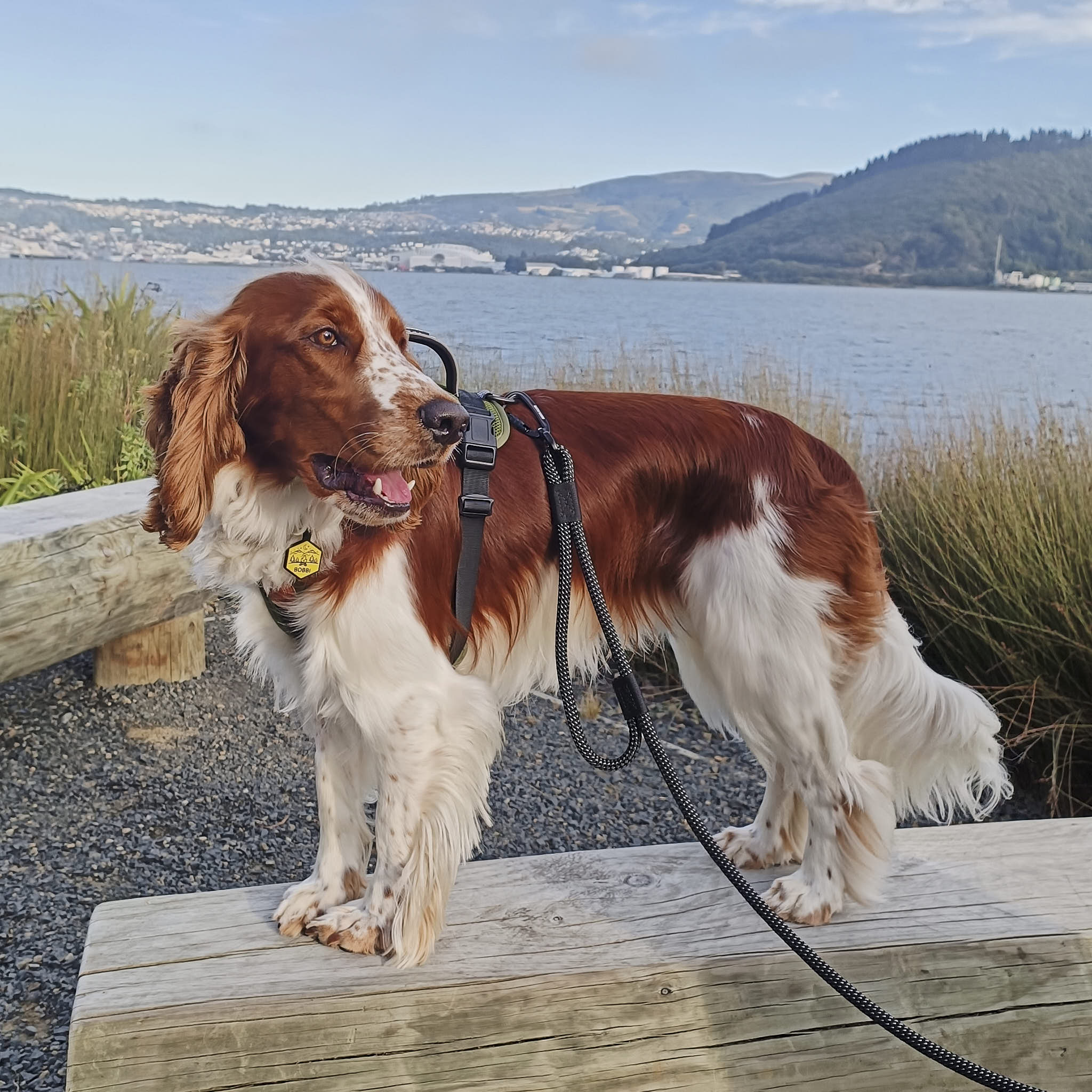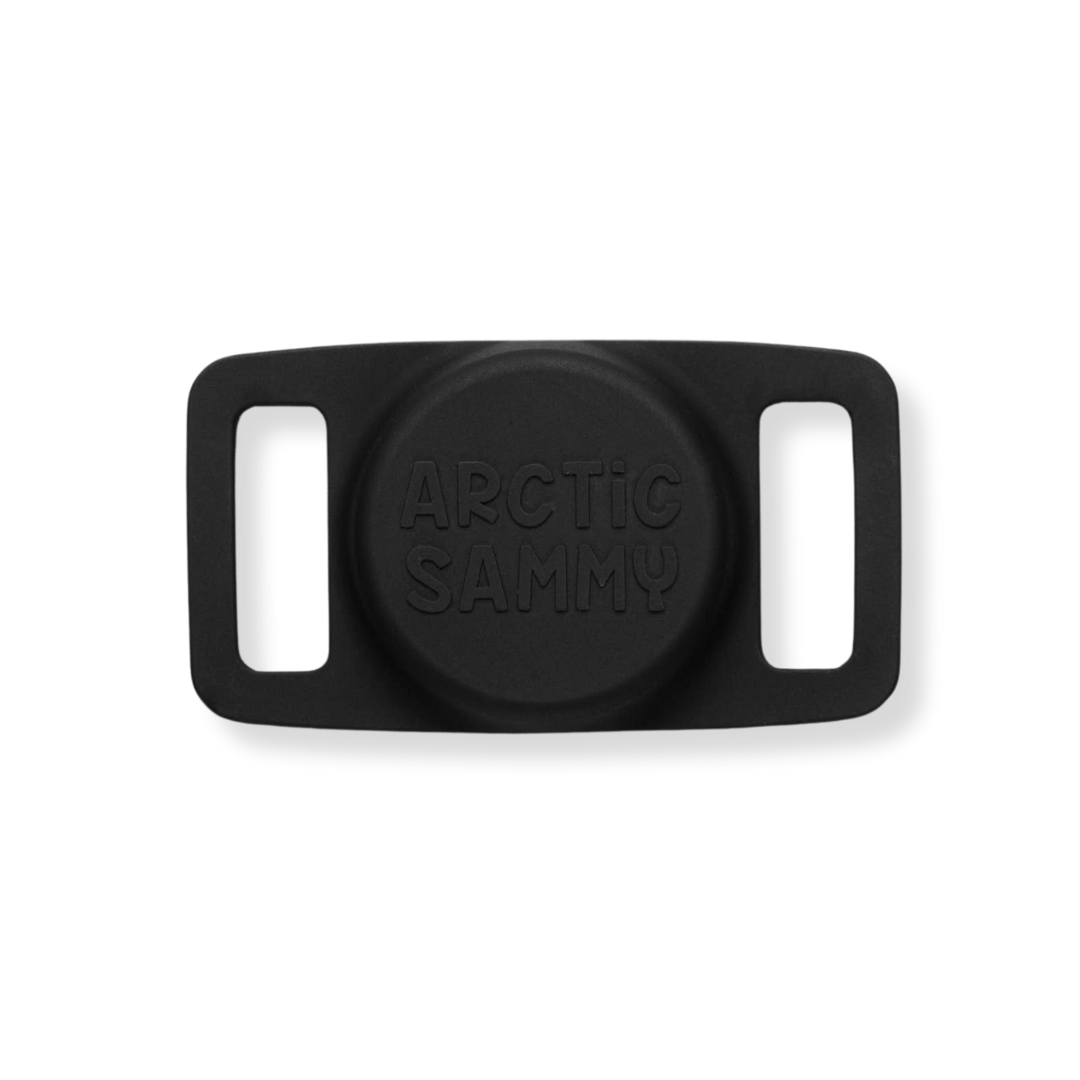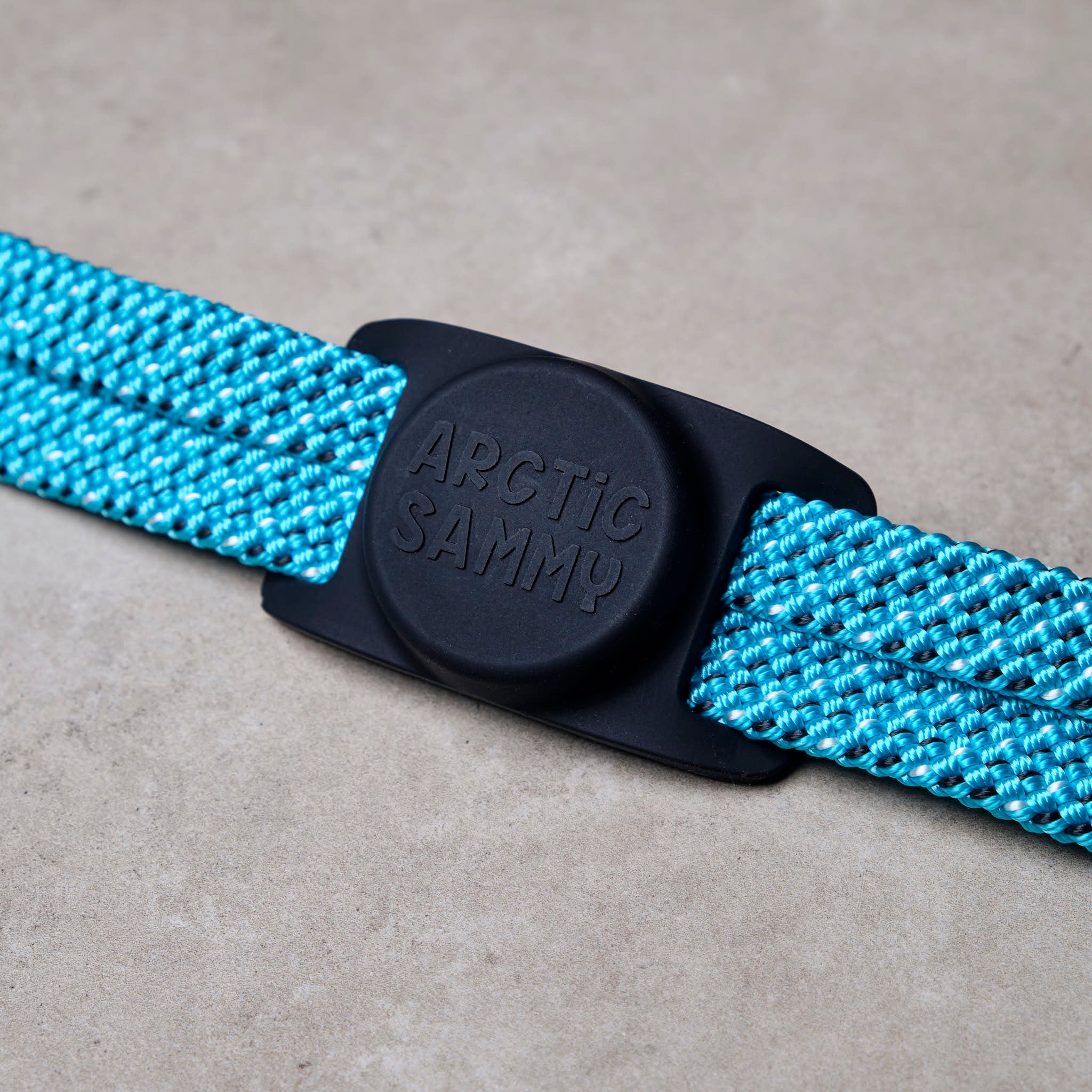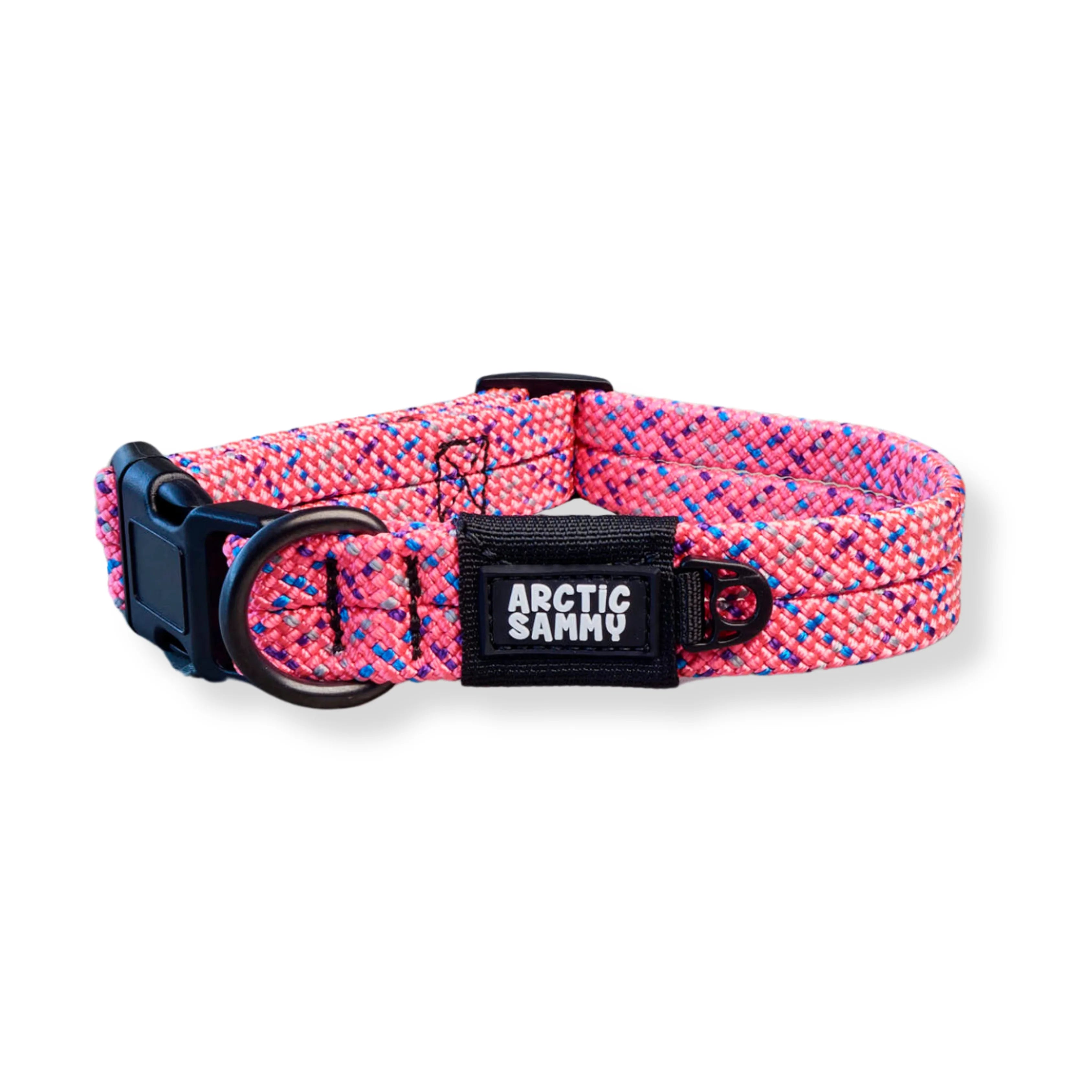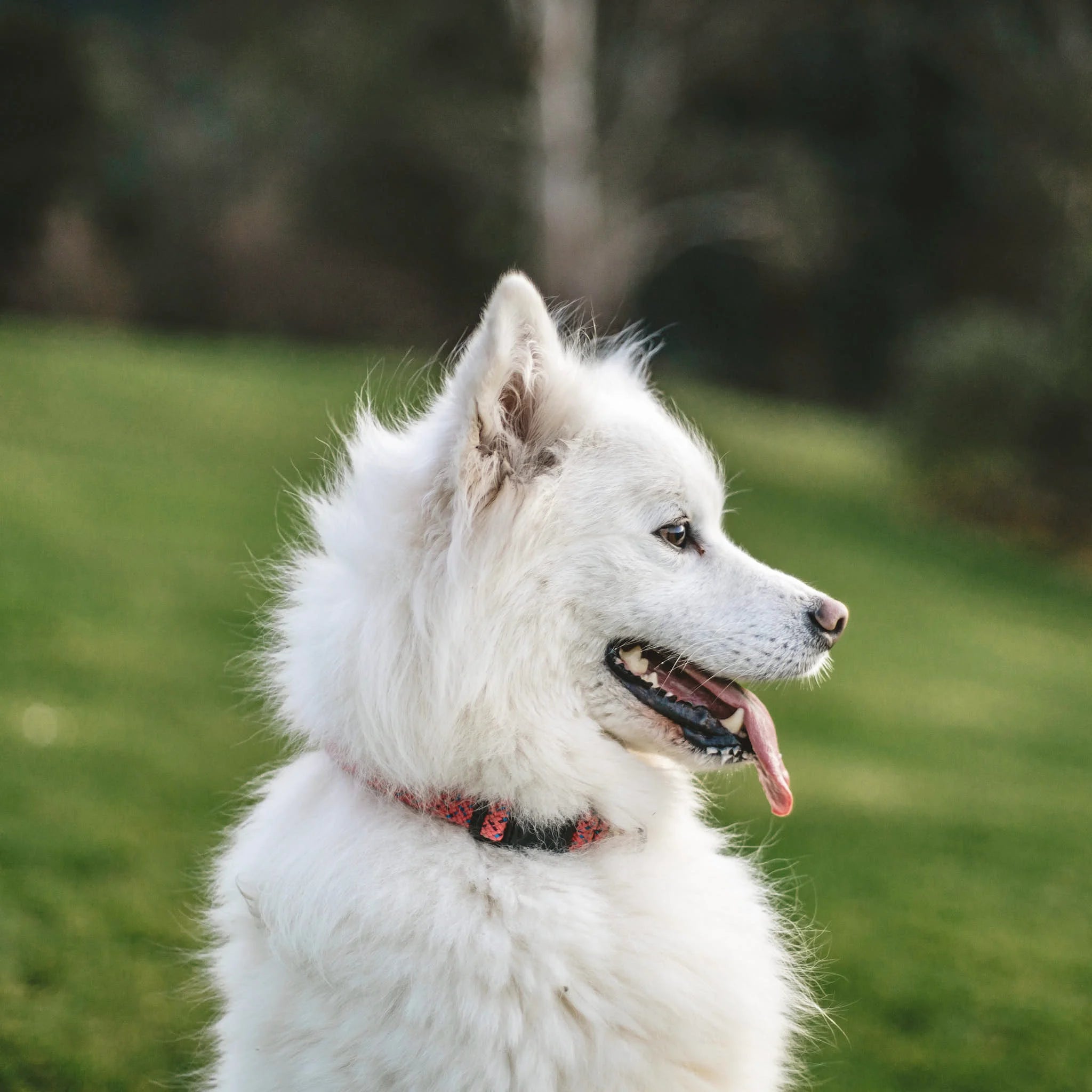For us, fireworks mean celebrations, light shows, and fun. But for many dogs, they’re terrifying. Every year across New Zealand, dog owners, animal shelters, and vet clinics see the fallout: missing dogs, injured pets, panicked escapes, and long nights filled with anxiety.

Guy Fawkes Night in New Zealand
The loudest night in the pet calendar is Guy Fawkes — November 5th — marking the Gunpowder Plot. In 2025, it falls on a Wednesday. Bonfires, public displays, and backyard fireworks will fill the night sky.
Although fireworks can only legally be sold in New Zealand from November 2 to 5, the risk to dogs doesn’t stop there. Fireworks are often set off in the evenings before and after, stretching the stress out for days. Some people hang on to leftovers and let them off at random times in the days or even weeks that follow. This unpredictability can be just as stressful for dogs, so it’s a good idea to stay prepared and keep up your calming strategies even after Guy Fawkes night has passed.
The Real Impact — Why We Need to Take This Seriously
According to the latest statistics, nearly half of all dogs in New Zealand show fear during fireworks, and around 6% even suffer injuries from panicked escapes or collisions. Beyond the numbers are countless stories of dogs trembling, hiding, or bolting in terror. Each year, the SPCA is busy with calls about missing or injured animals, highlighting just how serious the problem is.

Why Fireworks Affect Dogs So Deeply
Dogs’ ears are far more sensitive than ours. A distant pop to us can feel like a thunderclap right beside them. Combine that with sudden flashes of light and unusual smells, and fireworks become overwhelming.
Common reactions include:
-
Trembling or shaking
-
Hiding or cowering
-
Escaping or attempting to flee
-
Panting, drooling, or barking/whining
-
Urinating or defecating from fear
How to Protect Your Dog on Guy Fawkes Night
When the day has come, you might want to go into “managing mode”. Here are some ways to help your dog get through what may be their toughest night of the year:
-
Be home — your presence is their biggest comfort.
-
Stay indoors — close windows, doors, and curtains to reduce noise and flashes.
-
Create a safe den — a crate or quiet corner with cosy bedding, toys, and something that smells like you.
-
Mask the sounds — play music, TV, or white noise to soften the bangs.
-
Exercise earlier — walk before dark, and always keep them on a leash.
-
Check ID & microchips — make sure details are up to date.
-
Behave normally — your energy sets the tone. You don’t want to be any “different” than any other day. Stay confident. We are not supposed to change anything about our behaviour.
-
Putting something firm around its body - a thunder shirt can help reduce anxiety.

Preparing Ahead: Desensitisation, Training and counter conditioning
Helping your dog cope doesn’t have to wait until November 5th. These training methods are best implemented weeks or months ahead of the event. Start training early with:
-
Sound training — play firework recordings and reward calm behaviour. Slowly increase the volume over time. Bear in mind that those noises are not the same as real firework sounds. They are great to use and try them but they don’t produce vibrations within the house as fireworks do. Take the music and sounds outside with a speaker and practise lots of other loud noises as well (besides fireworks). Make sure to hit play and pause to make the sounds come out more randomly and not in a row. Sudden loud noises are what usually irritates dogs, not constant and repetitive sounds of fireworks.
-
Positive pairing — give treats, play, or cuddles while sounds play so your dog builds positive associations.
-
Safe den practice — get your dog used to using their safe space even when it’s quiet.
-
Consistency — short, regular sessions are more effective than occasional long ones.
What Not to Do
-
Don’t scold or punish fear. Fear is natural. At the same time, don’t over-comfort whining or panic, as this can unintentionally reinforce it (remember, your dog is not a toddler). Instead, calmly reward moments of settled behaviour.
-
Don’t leave them outside — panic can cause injuries or escapes.
-
Don’t take them to displays unless they’ve been trained extensively and are genuinely comfortable.
-
Don’t disrupt their routine with unexpected visitors, loud parties, or big changes around the house during high-noise nights.
When to Seek Help
If your dog’s reactions are extreme — self-harm, smashing through barriers, or refusing to settle for days — it’s time to talk to take further actions:
-
Calming supplements or medication, subscribed by your vet
-
Support by a quality dog trainer
-
A structured desensitisation plan
-
Counter conditioning
Don’t wait until the fireworks are about to happen. Plan early, watch how your dog reacts, and get help if you need it.

Final Thoughts
Fireworks may be tradition, but for many dogs they’re terrifying. With preparation, awareness, and calm support, you can keep your best mate safe and turn a night of fear into a night they can endure in comfort — and come out wagging.


